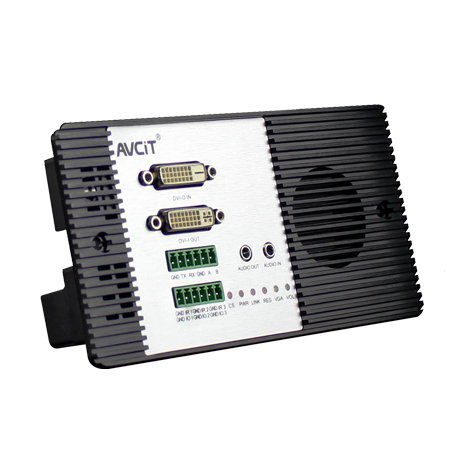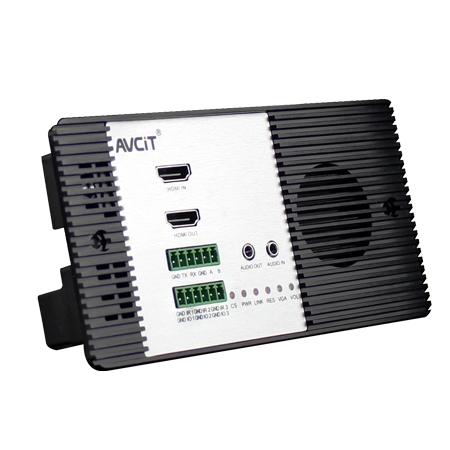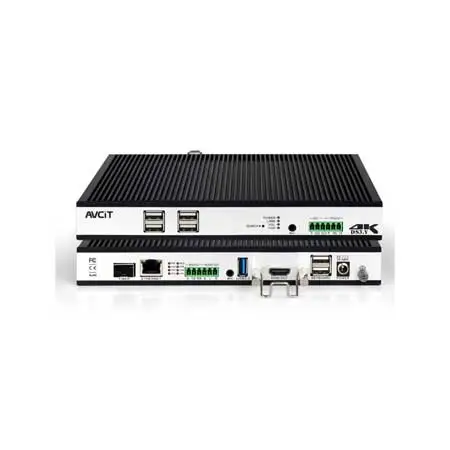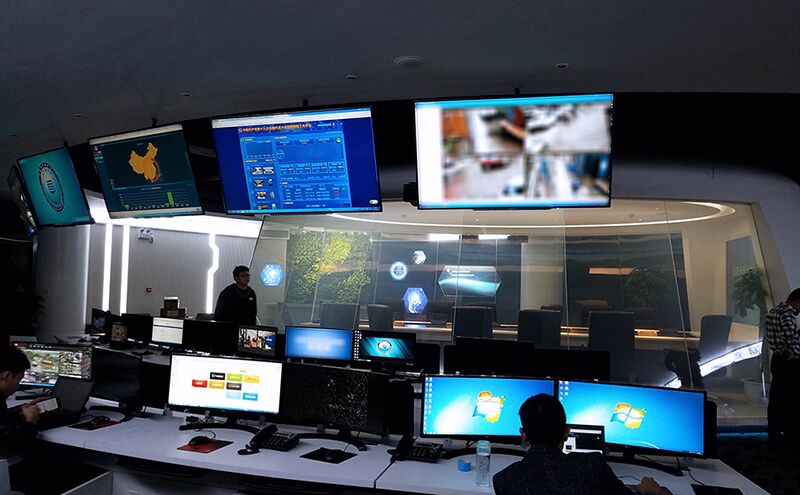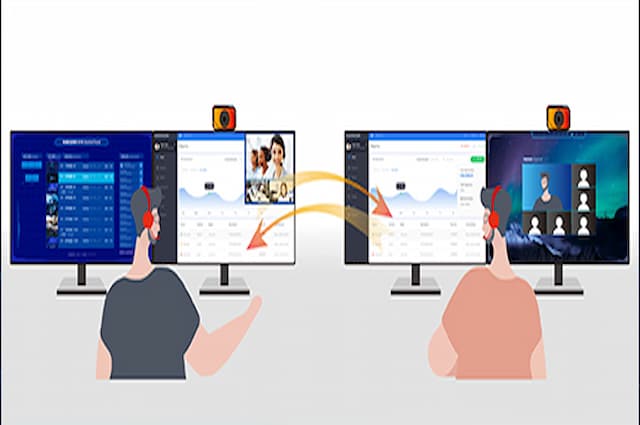Multi-screen Controller: Understanding Different Types and Features
Multi-screen control is now becoming a standard feature in many business environments. From video walls to control rooms, multi-screen controllers allow easy and efficient management of multiple screens. But how do you choose the right one for your business? In this blog, we’ll discuss different types of multi-screen controllers and their features.
Types of multi-screen controllers
Hardware-based multi-screen controllers
Hardware-based controllers are one of the most popular types of multi-screen controllers. They are standalone devices and come with integrated software that allows the user to control the multiple screens. These controllers typically have a range of input ports like HDMI, DisplayPort, and VGA, that can be used for various applications.
Software-based multi-screen controllers
Software-based controllers are another type of multi-screen controller. Unlike hardware-based controllers, these don't require any dedicated hardware and can be installed on any computer. One of the most significant advantages of software-based controllers is their flexibility. These controllers provide access to many features like projection mapping and interactive content.
Hybrid controllers
Hybrid controllers are a new addition to the world of multi-screen controllers. They combine both hardware and software-based controllers, providing the best of both worlds. The hardware component provides reliability and stability, while the software provides great flexibility and scalability.
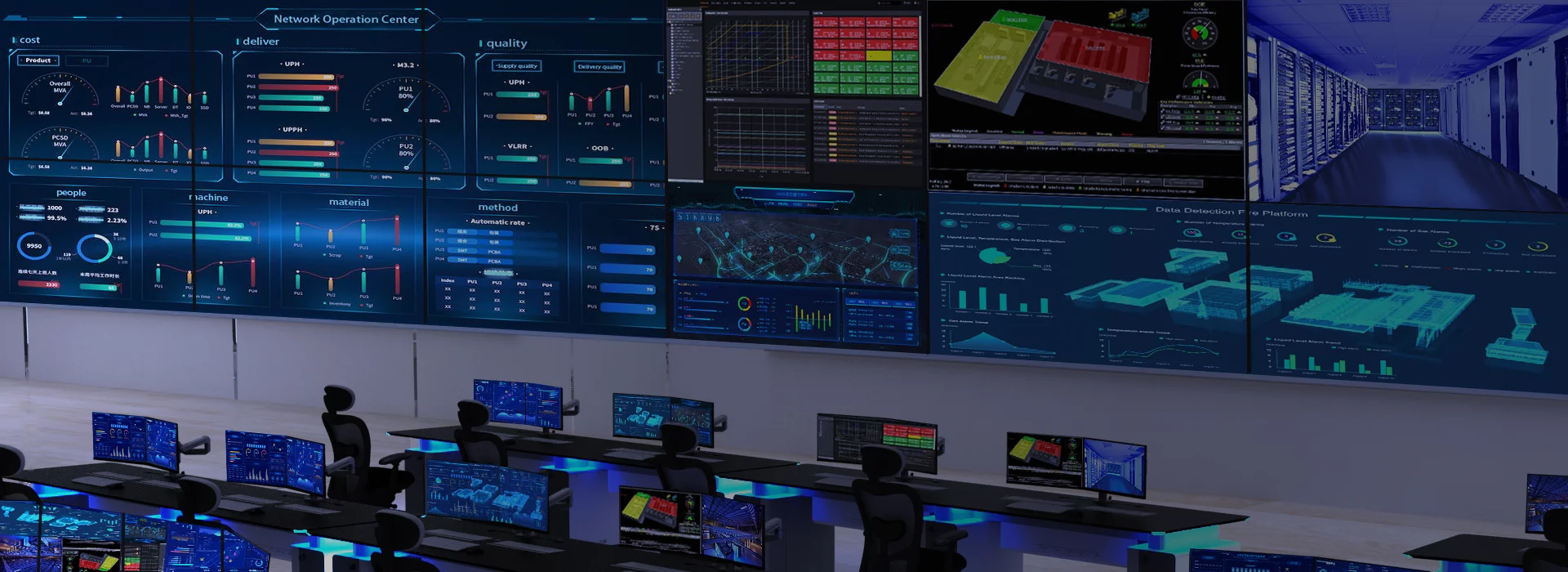
Features of Multi-screen Controllers
Easy set-up and configuration
Many multi-screen controllers come with easy set-up and configuration features. Typically, they can detect connected display devices automatically, and the user can configure the controller with minimal effort.
User-friendly interface
It's important to have a user-friendly interface, especially when using multi-screen controllers in complex environments. Many multi-screen controllers have simple, intuitive interfaces that permit users to accomplish complex tasks with minimal effort.
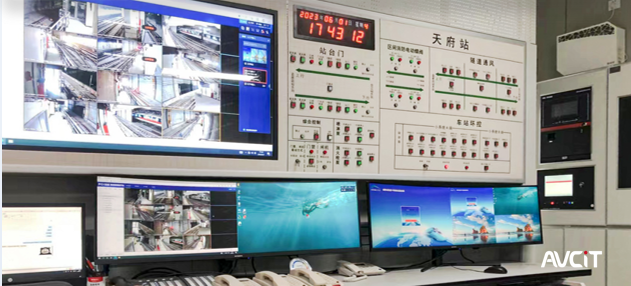
Support for wide range of display devices
Multi-screen controllers come in different shapes and sizes, meaning they support a wide range of display devices. From projectors to LED walls, and everything in between, a single multi-screen controller can manage many different display devices.
Multi-screen controllers offer flexibility and efficiency for your project looking to leverage their multiple display devices. As outlined above, there are different types of multi-screen controllers, each providing distinct advantages. Ultimately, choosing the right one for your business design, features and the number of display devices you have, and the specific requirements of your environment.
AVCiT is committed to delivering professional and advanced video wall control solutions and supporting for a wide range of multi-screen controllers for your project in need of efficient screen management. Come to talk to us for high-quality multi-screen controllers and accessories right now.

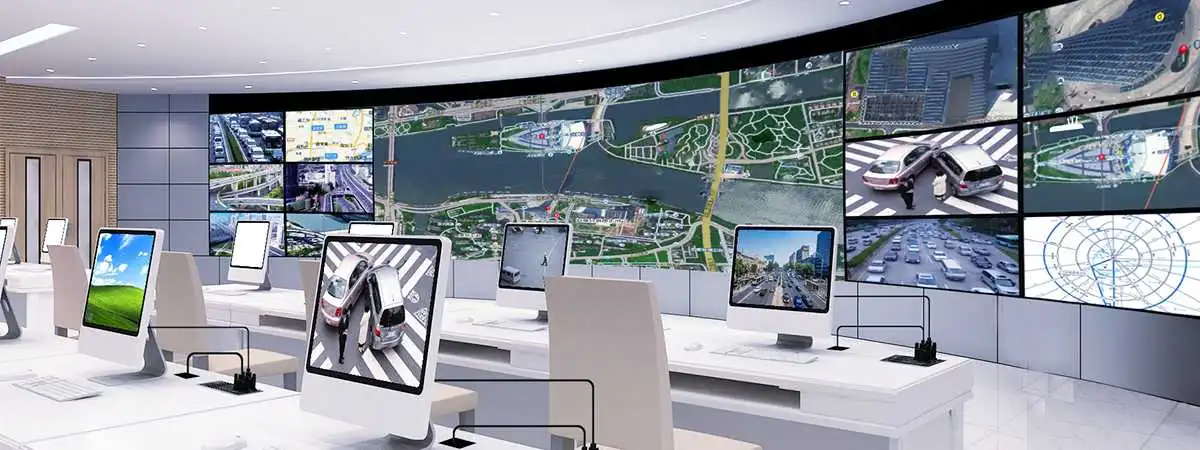
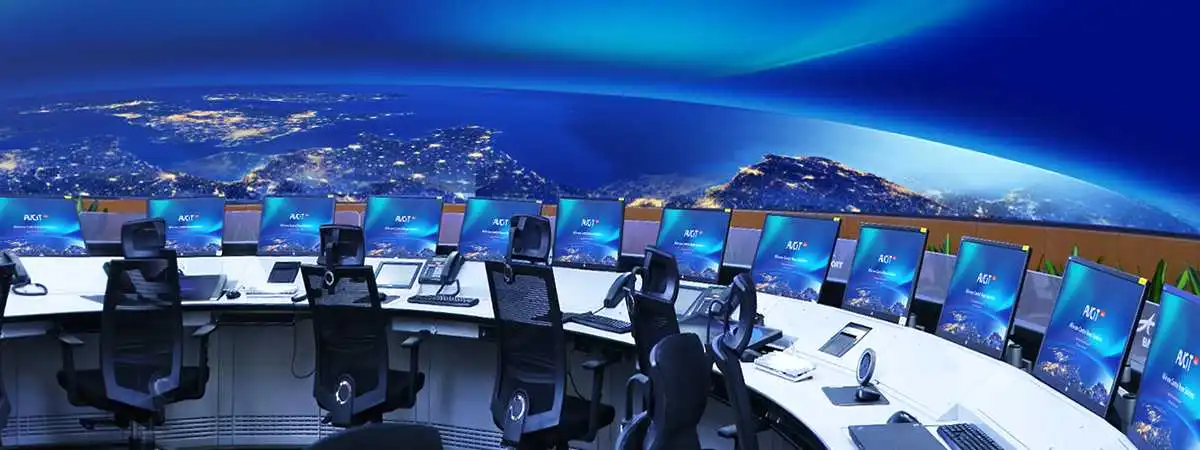
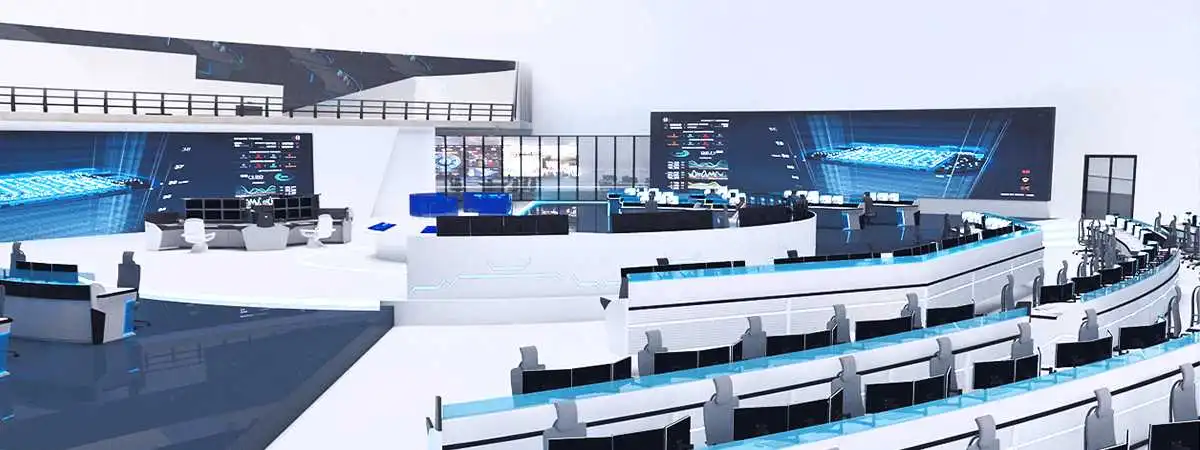
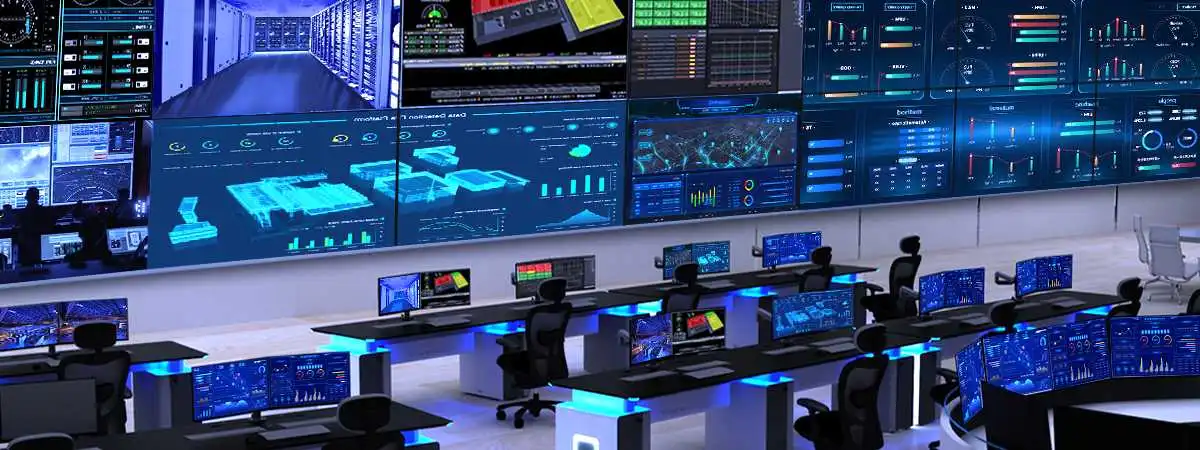
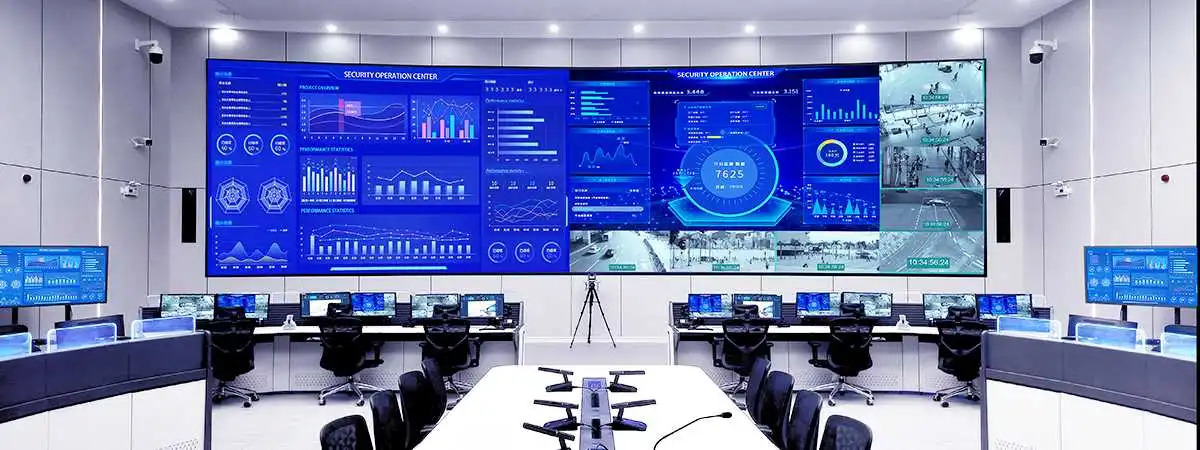
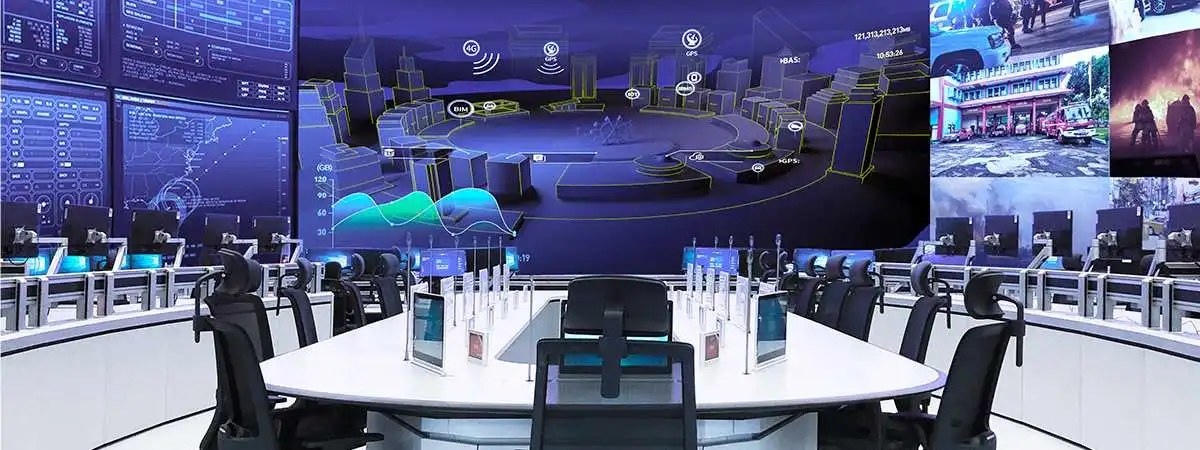
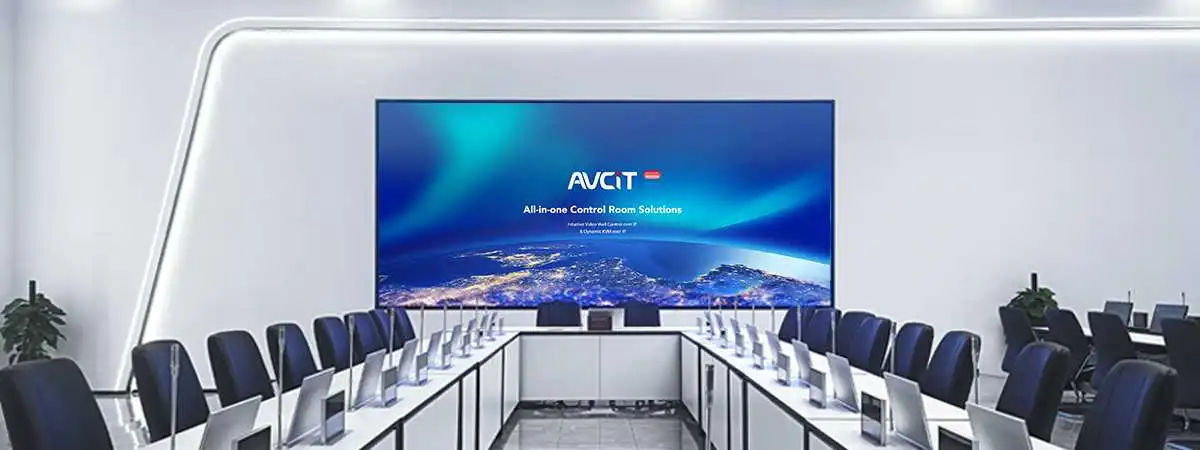
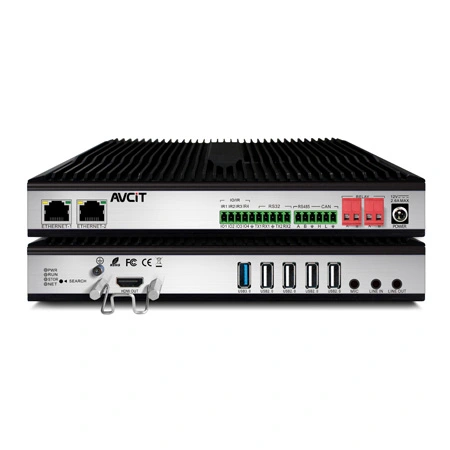 AIVC-16CH AI BOX
AIVC-16CH AI BOX
 2K HDMI Video Codec
2K HDMI Video Codec
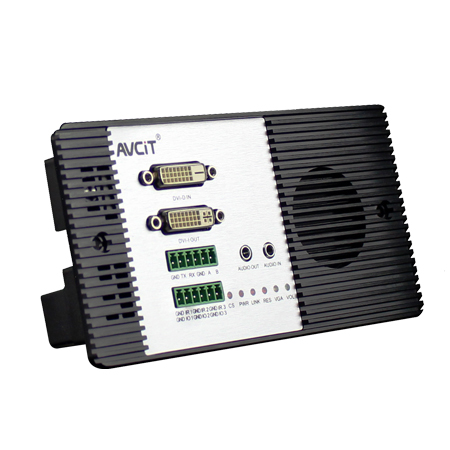 2K DVI Video Codec
2K DVI Video Codec
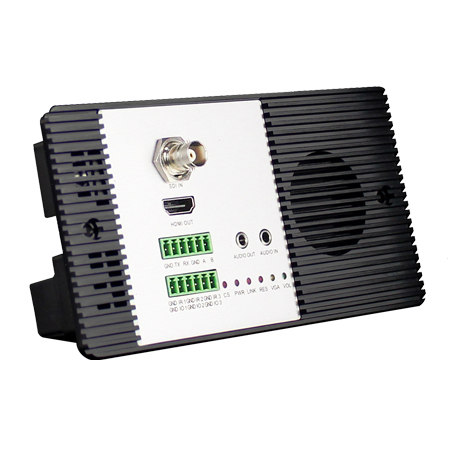 2K SDI Video Codec
2K SDI Video Codec
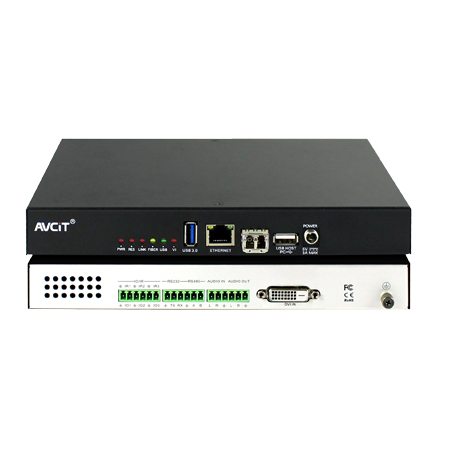 2K HDMI Video Encoder
2K HDMI Video Encoder
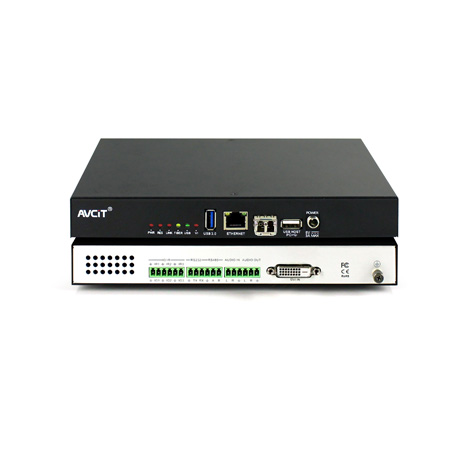 2K DVI Video Encoder
2K DVI Video Encoder
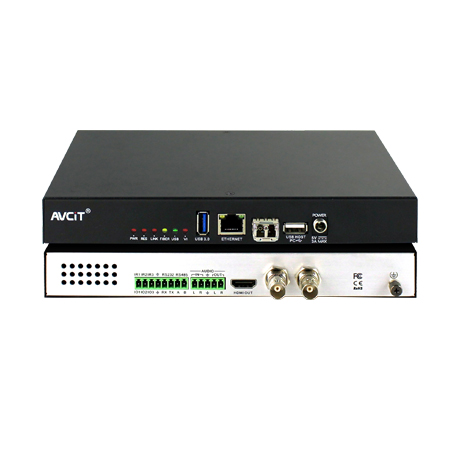 2K SDI Video Encoder
2K SDI Video Encoder
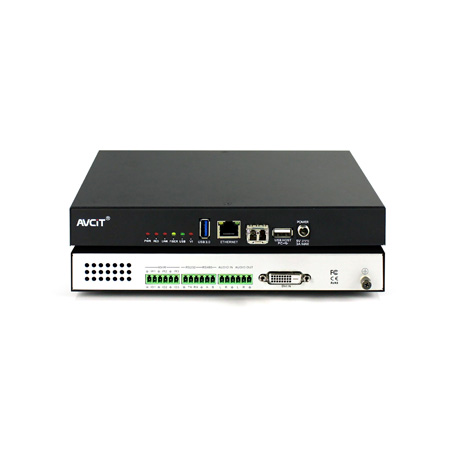 2K VGA Video Encoder
2K VGA Video Encoder
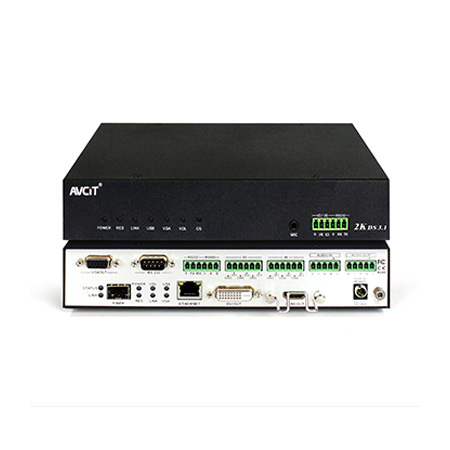 2K Video Wall Decoder (HDMI+DVI)
2K Video Wall Decoder (HDMI+DVI)
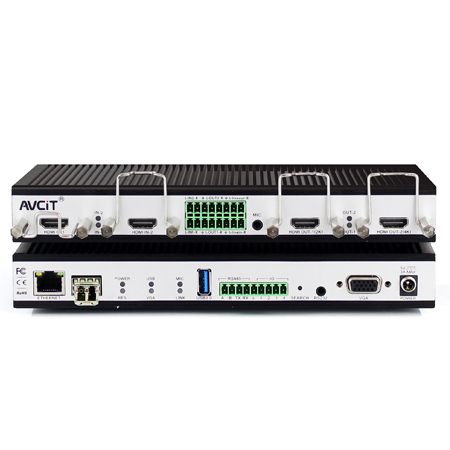 4K HDMI Video Encoder
4K HDMI Video Encoder
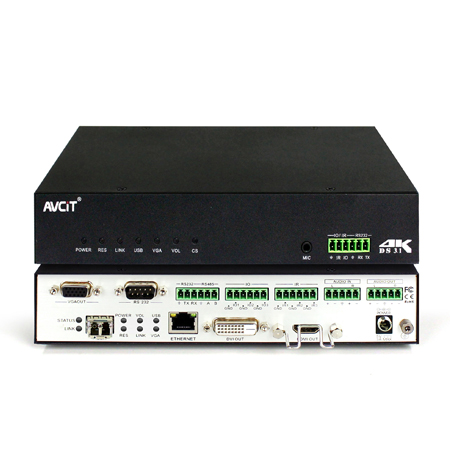 4K HDMI Video Decoder
4K HDMI Video Decoder
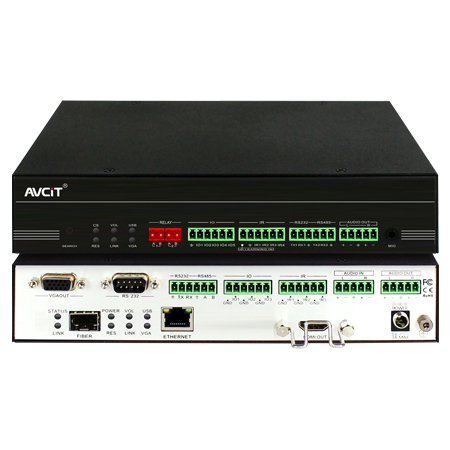 4K HDMI Video Wall Decoder
4K HDMI Video Wall Decoder
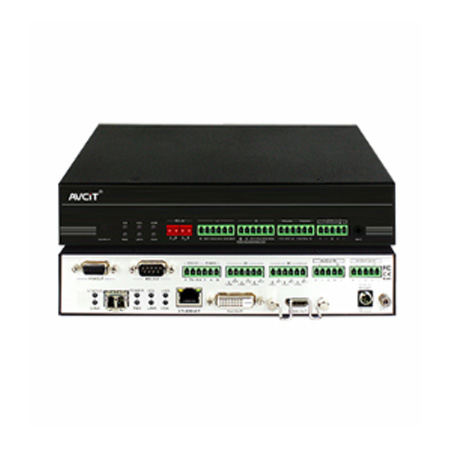 4K HDMI + DVI Video Wall Decoder
4K HDMI + DVI Video Wall Decoder
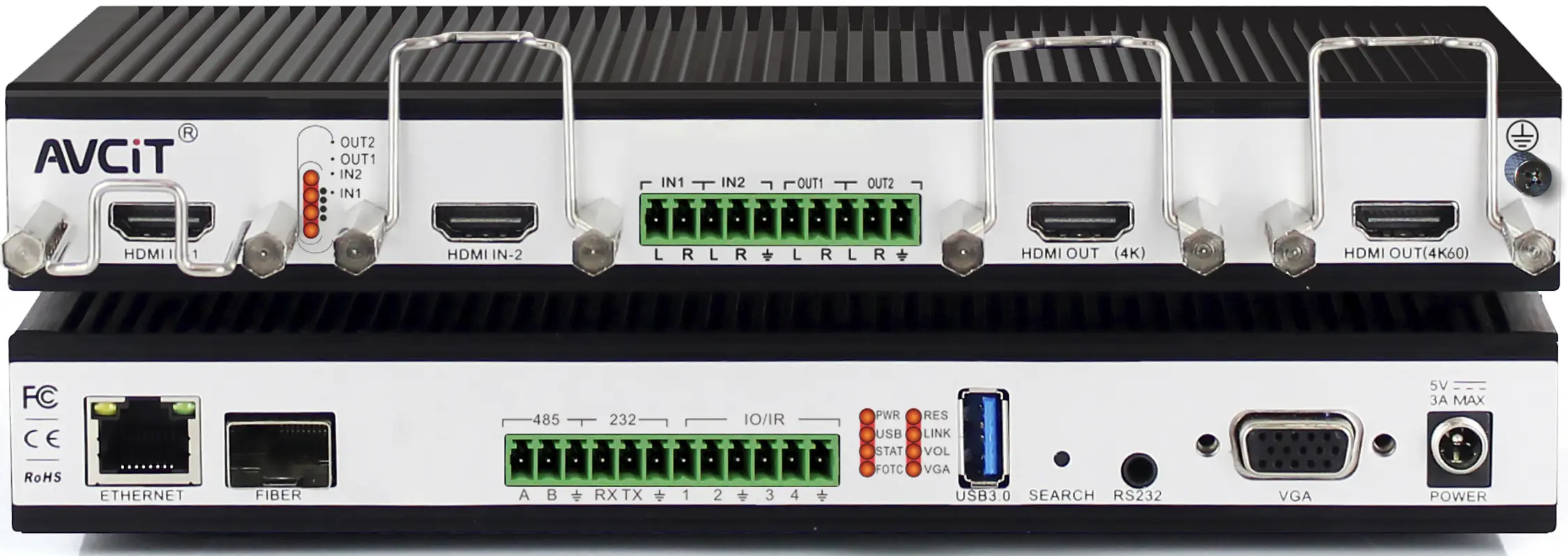 4K HDMI Dual Channel Codec
4K HDMI Dual Channel Codec
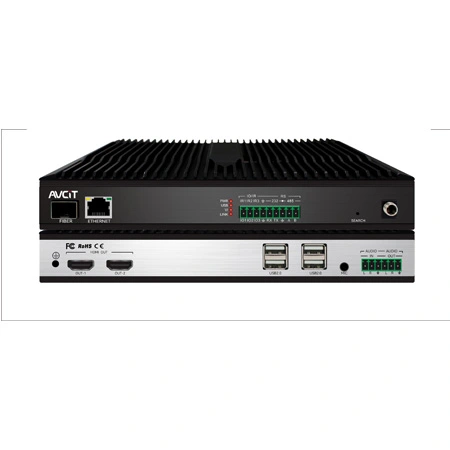 8K HDMI Decoder
8K HDMI Decoder
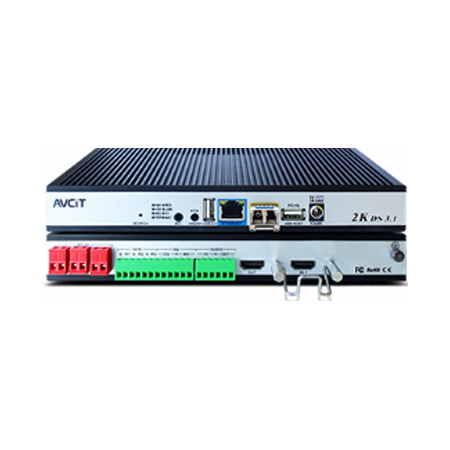 2K KVM Encoder - HDMI
2K KVM Encoder - HDMI
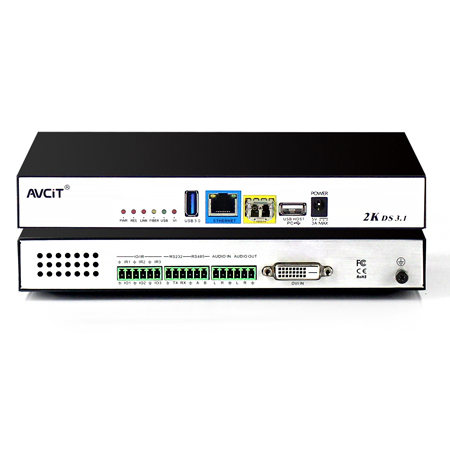 2K KVM Encoder - DVI
2K KVM Encoder - DVI
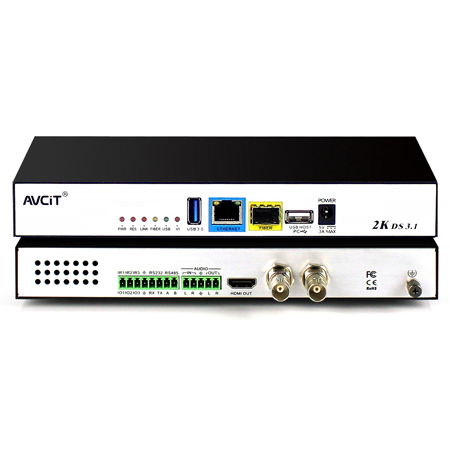 2K KVM Encoder - SDI
2K KVM Encoder - SDI
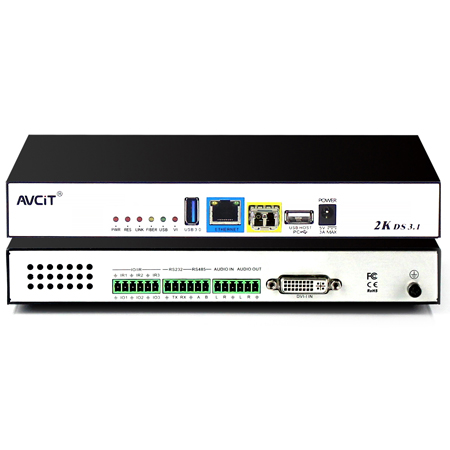 2K KVM Encoder - DVI-I(VGA)
2K KVM Encoder - DVI-I(VGA)
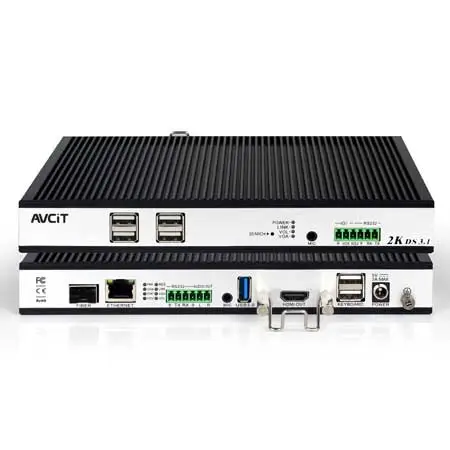 2K KVM Decoder - HDMI
2K KVM Decoder - HDMI
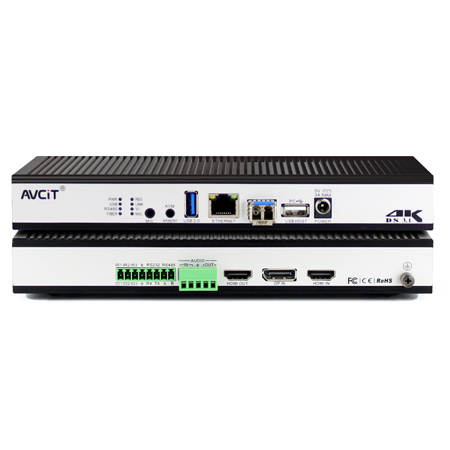 4K KVM Encoder - HDMI + DP
4K KVM Encoder - HDMI + DP
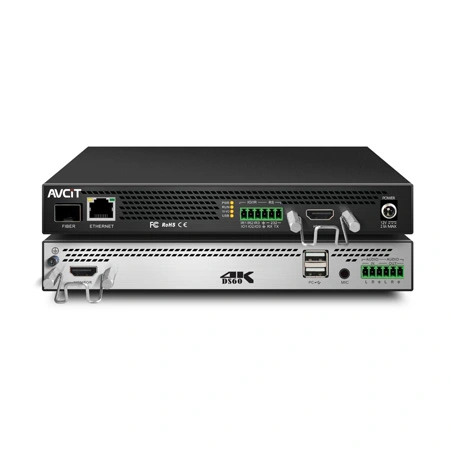 4K@60 KVM Encoder - HDMI
4K@60 KVM Encoder - HDMI
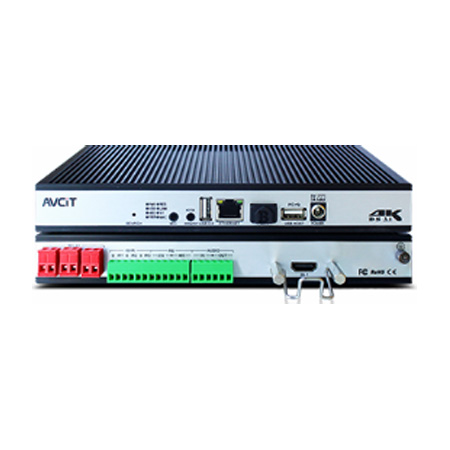 4K KVM Encoder - HDMI + HDMI
4K KVM Encoder - HDMI + HDMI
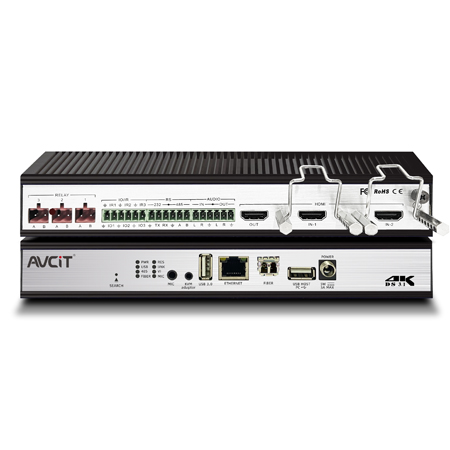 4K KVM Encoder - HDMI
4K KVM Encoder - HDMI
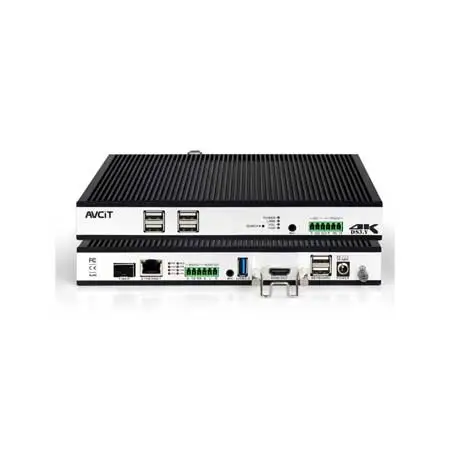 4K KVM Decoder - HDMI
4K KVM Decoder - HDMI
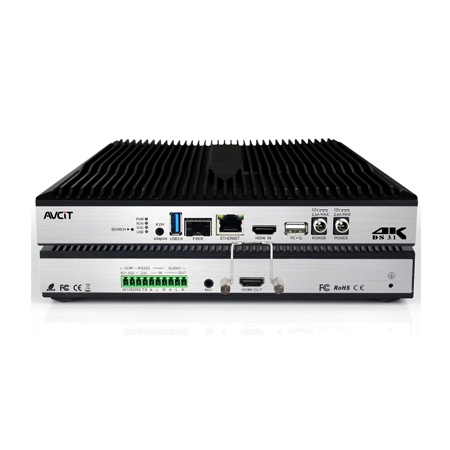 4K60 4:4:4 KVM Encoder - HDMI
4K60 4:4:4 KVM Encoder - HDMI
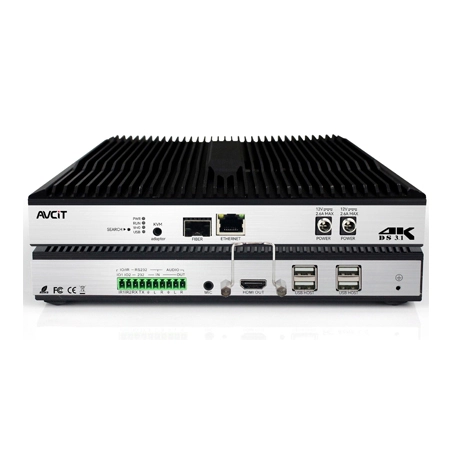 4K60 4:4:4 KVM Decoder-HDMI
4K60 4:4:4 KVM Decoder-HDMI
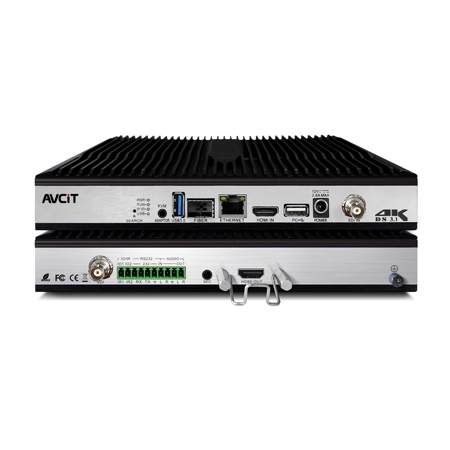 4K60 4:4:4 KVM Encoder - HDMI + SDI
4K60 4:4:4 KVM Encoder - HDMI + SDI
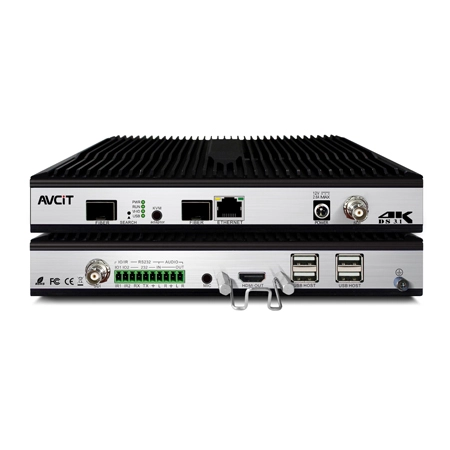 4K60 4:4:4 KVM Decoder - HDMI + SDI
4K60 4:4:4 KVM Decoder - HDMI + SDI
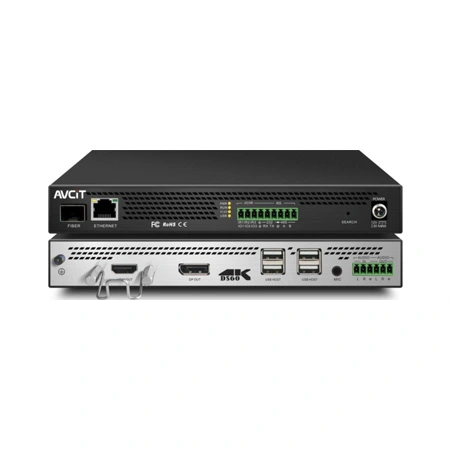 5K KVM Decoder - HDMI +DP
5K KVM Decoder - HDMI +DP
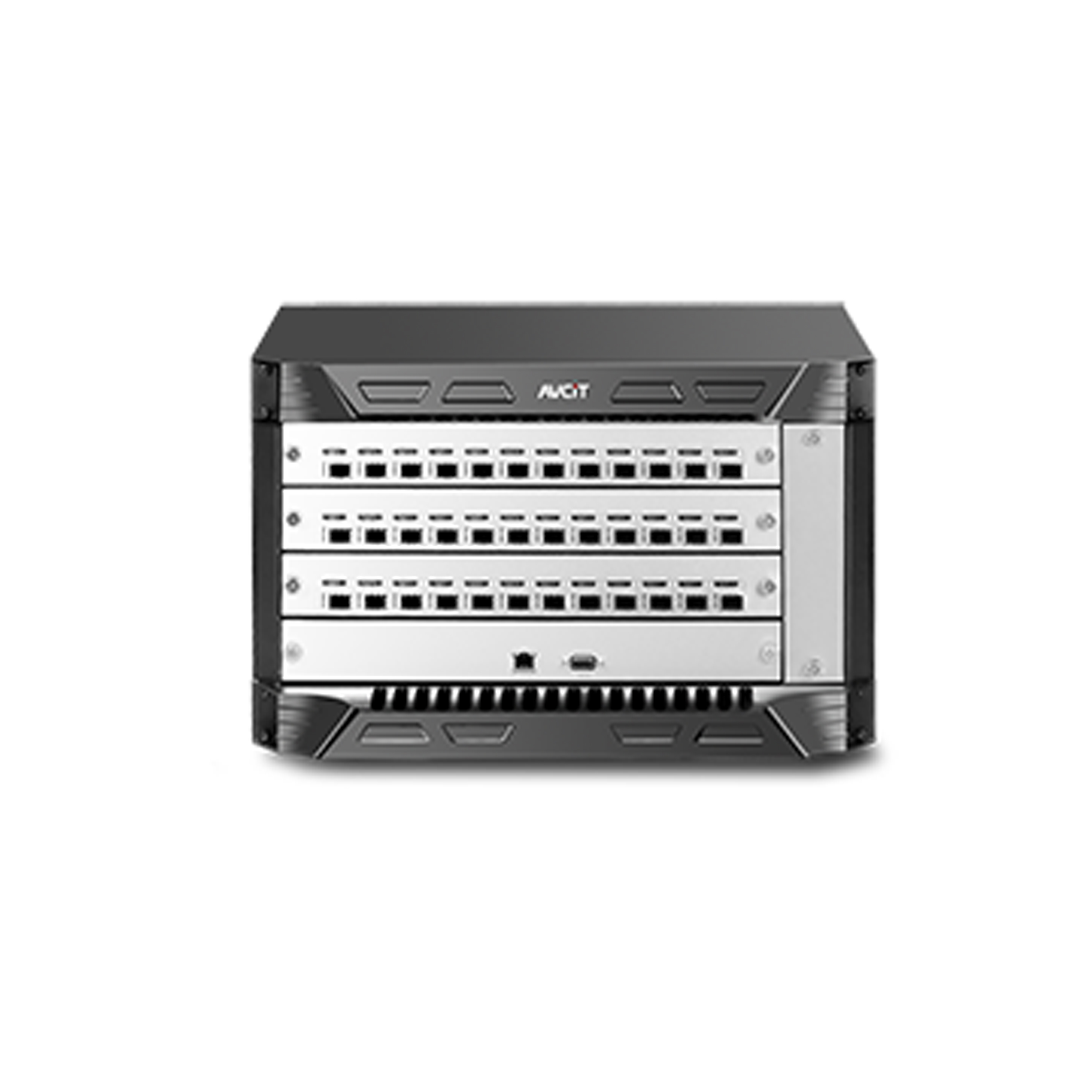 Phinx-36 Ports Fiber KVM Matrix
Phinx-36 Ports Fiber KVM Matrix
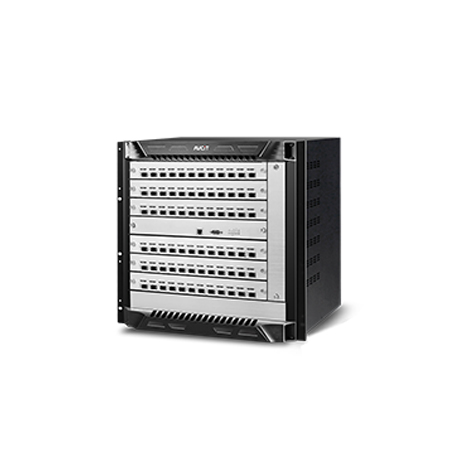 Phinx-72 Ports Fiber KVM Matrix
Phinx-72 Ports Fiber KVM Matrix
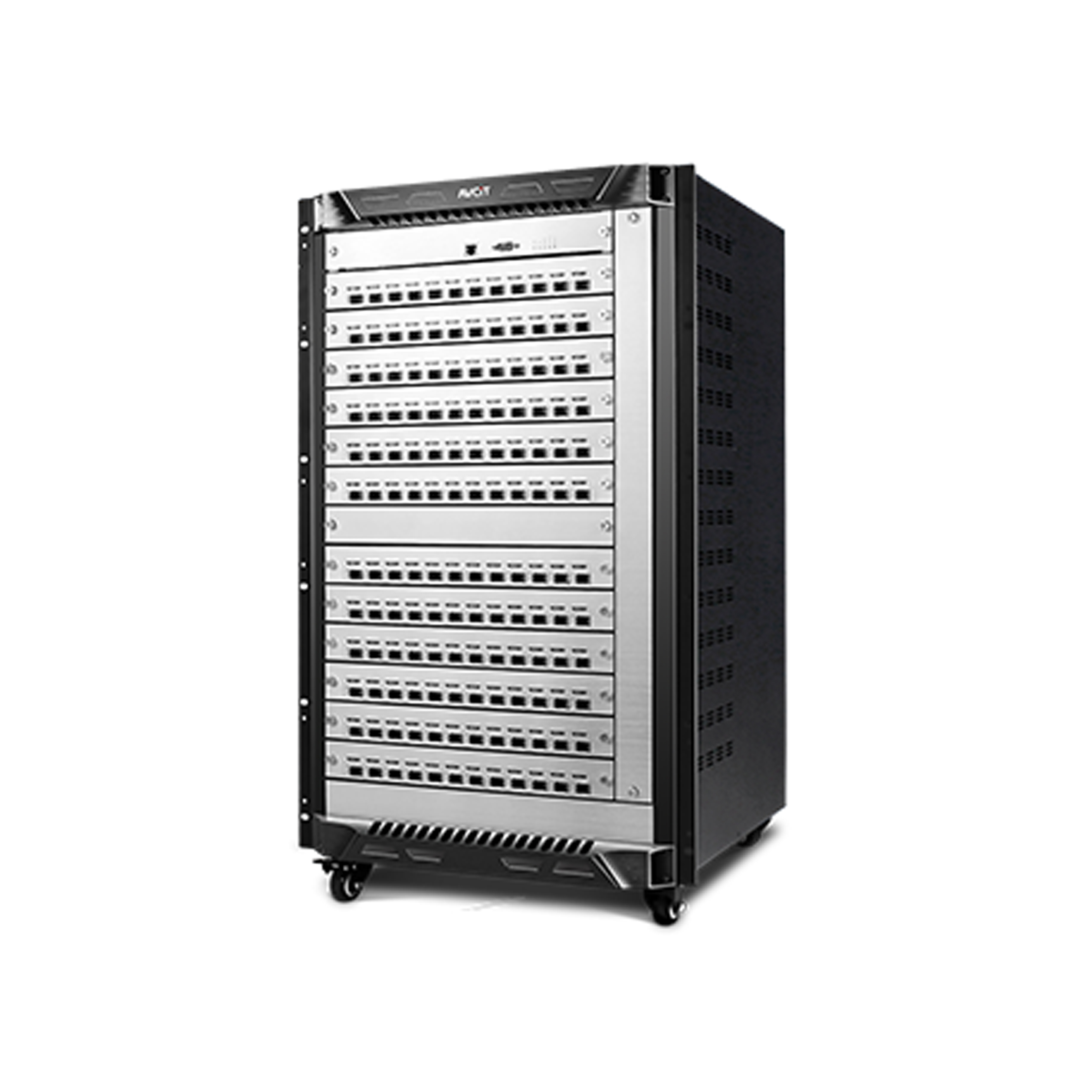 Phinx-144 Ports Fiber KVM Matrix
Phinx-144 Ports Fiber KVM Matrix
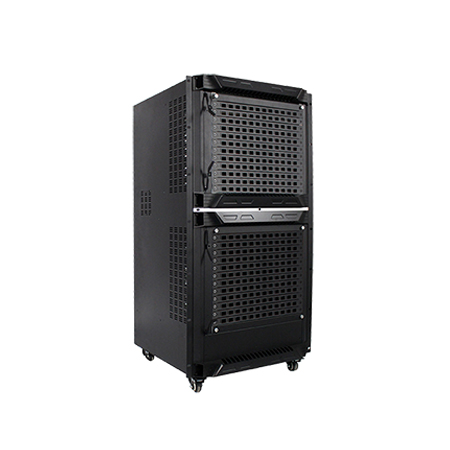 Phinx-288 Ports Fiber KVM Matrix
Phinx-288 Ports Fiber KVM Matrix
 Phinx-576 Ports Fiber KVM Matrix
Phinx-576 Ports Fiber KVM Matrix
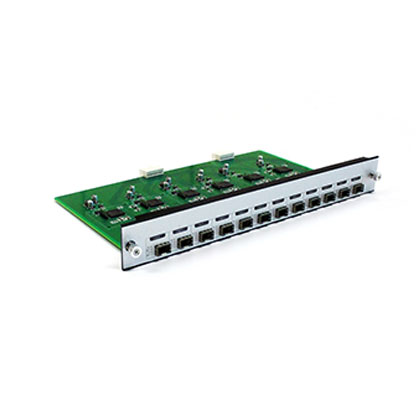 Phinx - I/O SFP Module Card
Phinx - I/O SFP Module Card
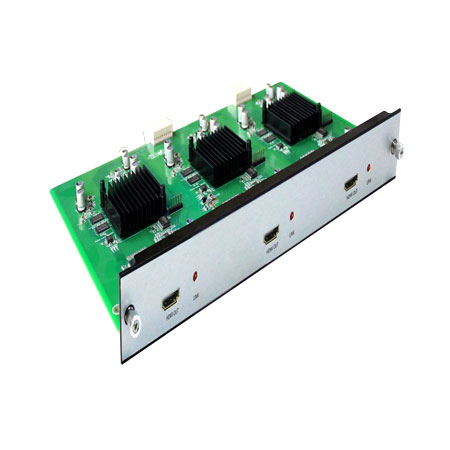 Phinx - Video Wall Control Card
Phinx - Video Wall Control Card
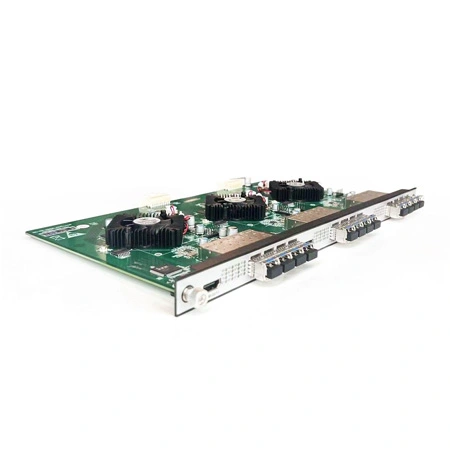 Phinx- Video Wall & SFP Card
Phinx- Video Wall & SFP Card
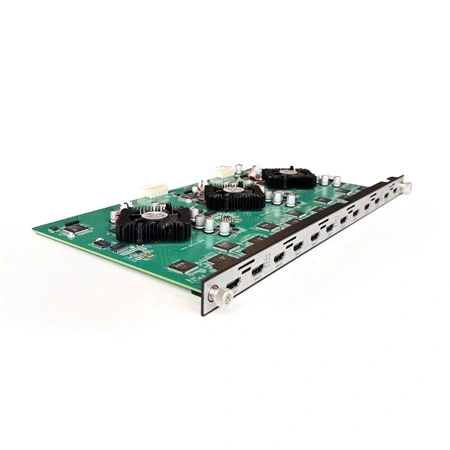 Phinx- Video Card(6IN6OUT)
Phinx- Video Card(6IN6OUT)
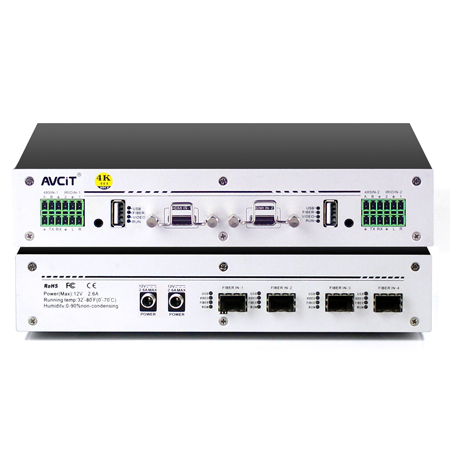 4K KVM Transmitter-HDMI
4K KVM Transmitter-HDMI
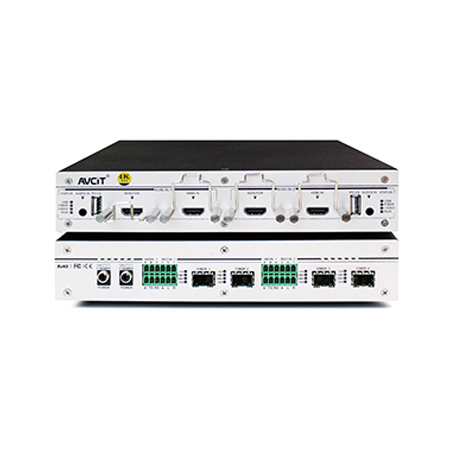 4K KVM Transmitter-HDMI+HDMI LOOP
4K KVM Transmitter-HDMI+HDMI LOOP
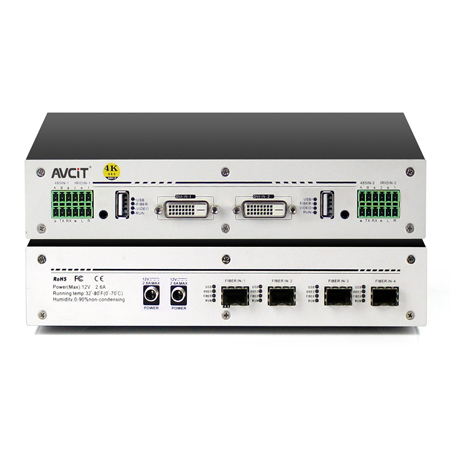 4K KVM Transmitter-DVI
4K KVM Transmitter-DVI
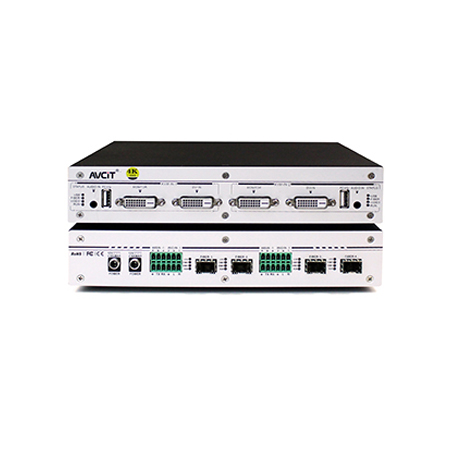 4K KVM Transmitter-DVI+DVI LOOP
4K KVM Transmitter-DVI+DVI LOOP
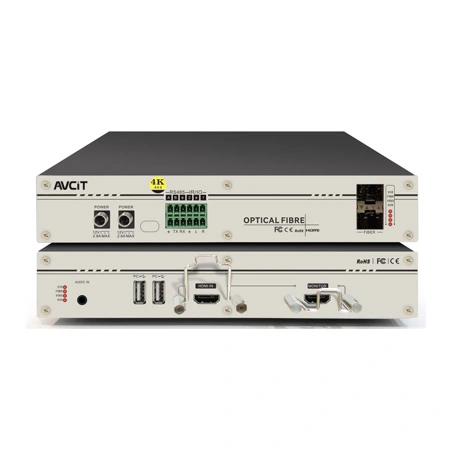 4K60 KVM Transmitter - HDMI
4K60 KVM Transmitter - HDMI
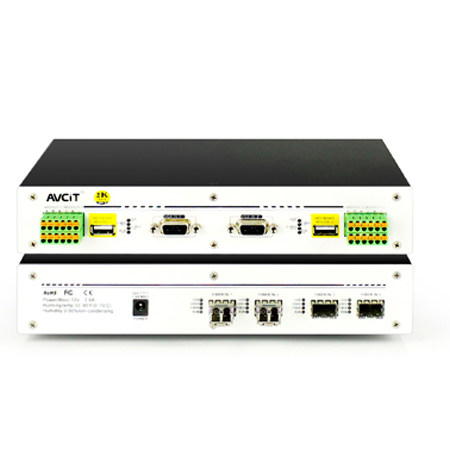 2K KVM Transmitter-VGA
2K KVM Transmitter-VGA
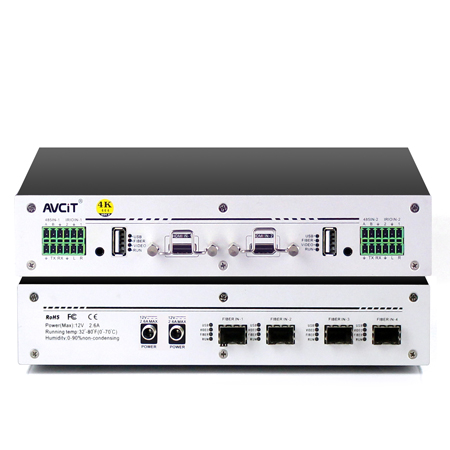 4K KVM Receiver-HDMI
4K KVM Receiver-HDMI
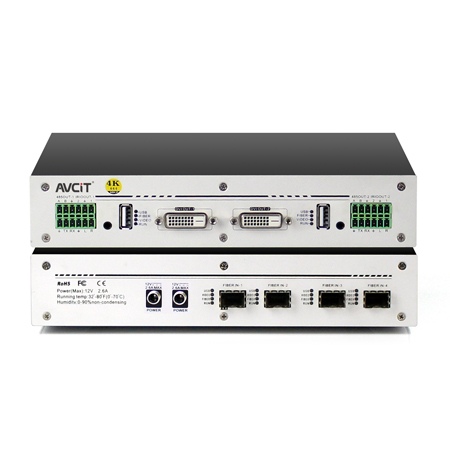 4K KVM Receiver-DVI
4K KVM Receiver-DVI
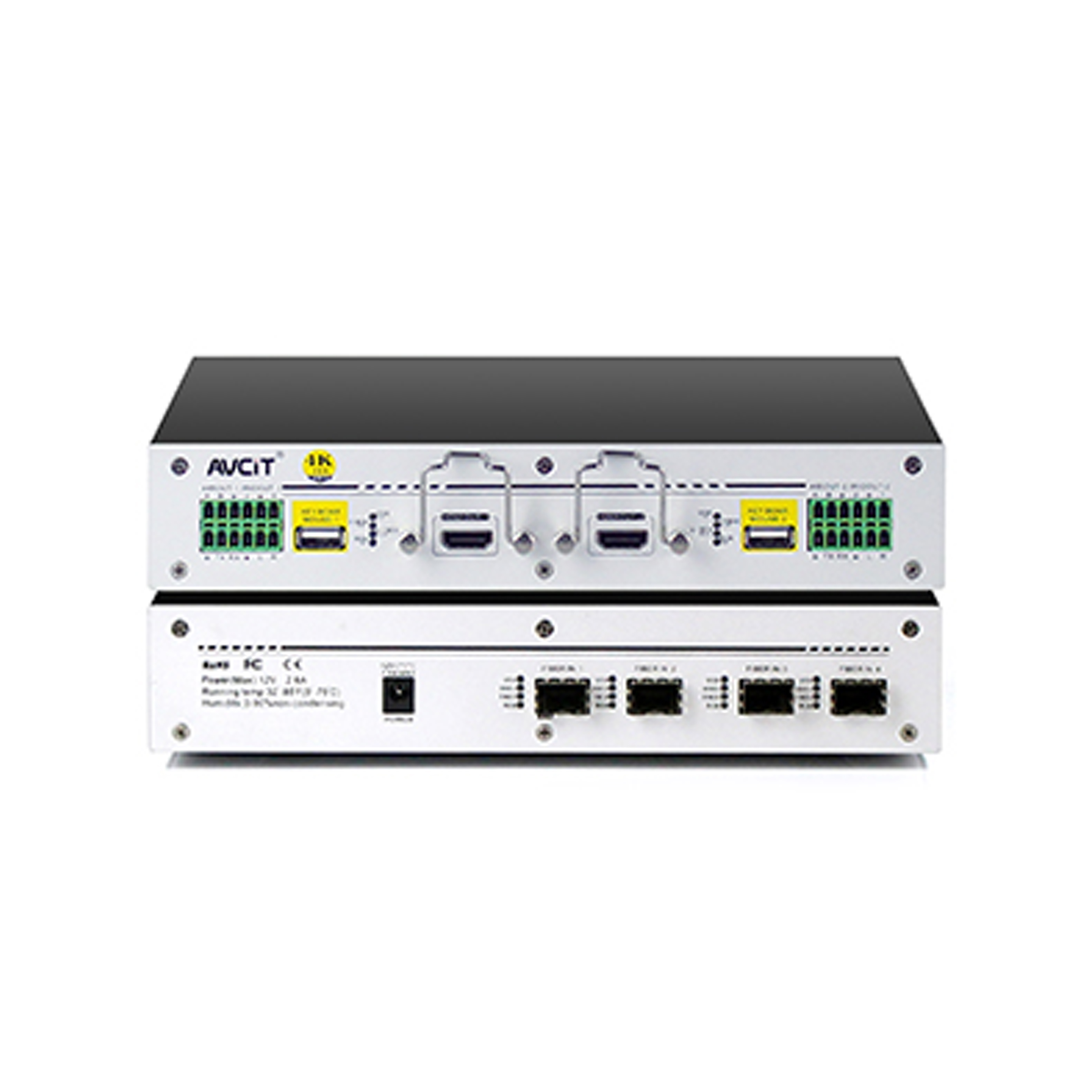 Quad-view KVM Receiver-HDMI
Quad-view KVM Receiver-HDMI
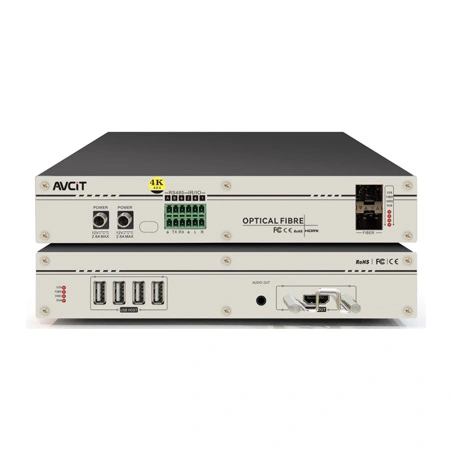 4K60 KVM Receiver - HDMI
4K60 KVM Receiver - HDMI
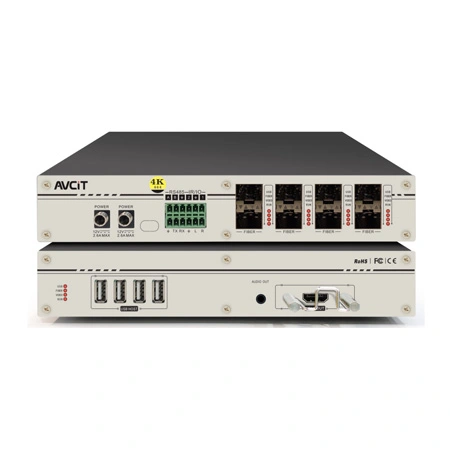 4K60 Quad-view KVM Receiver
4K60 Quad-view KVM Receiver
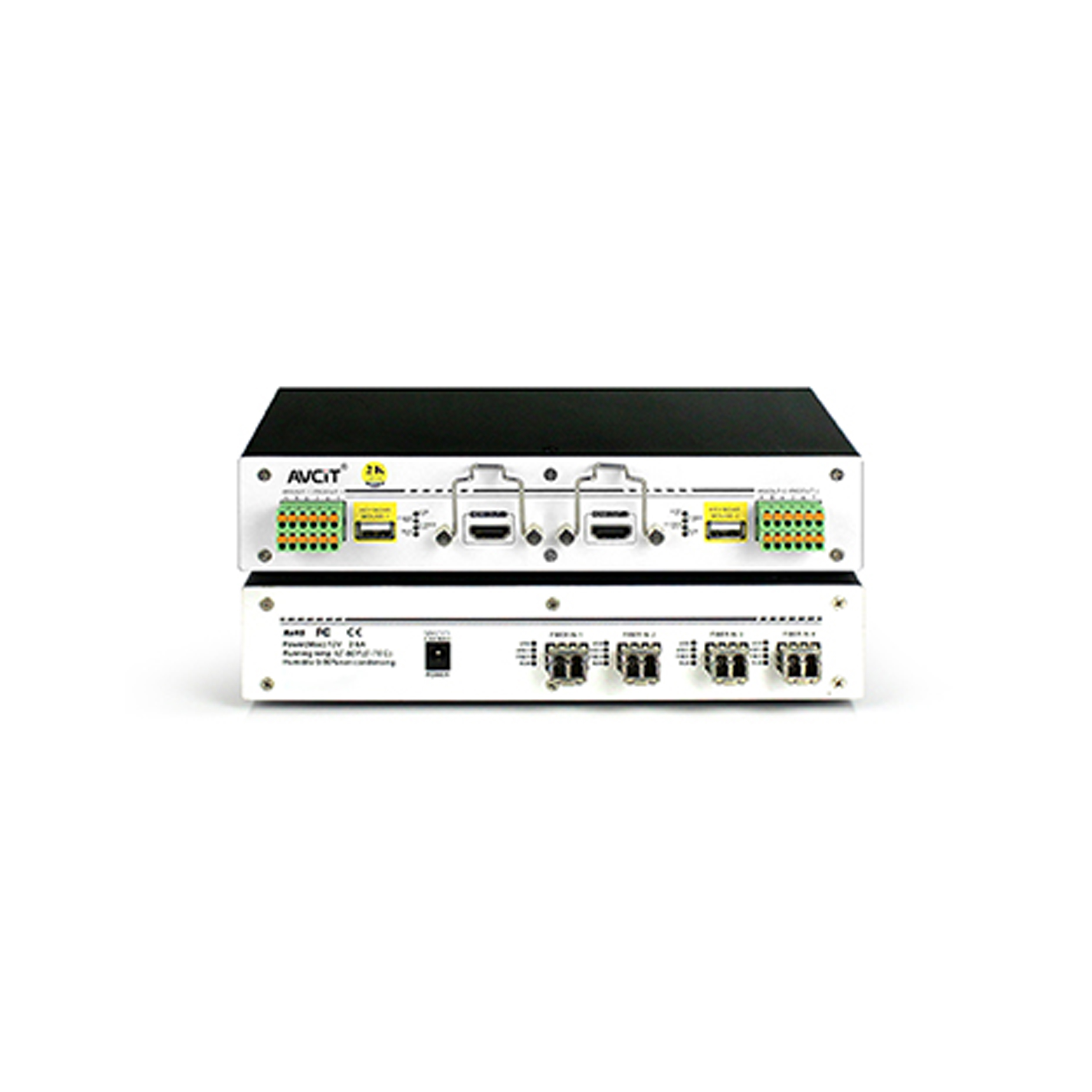 2K KVM Receiver-HDMI
2K KVM Receiver-HDMI
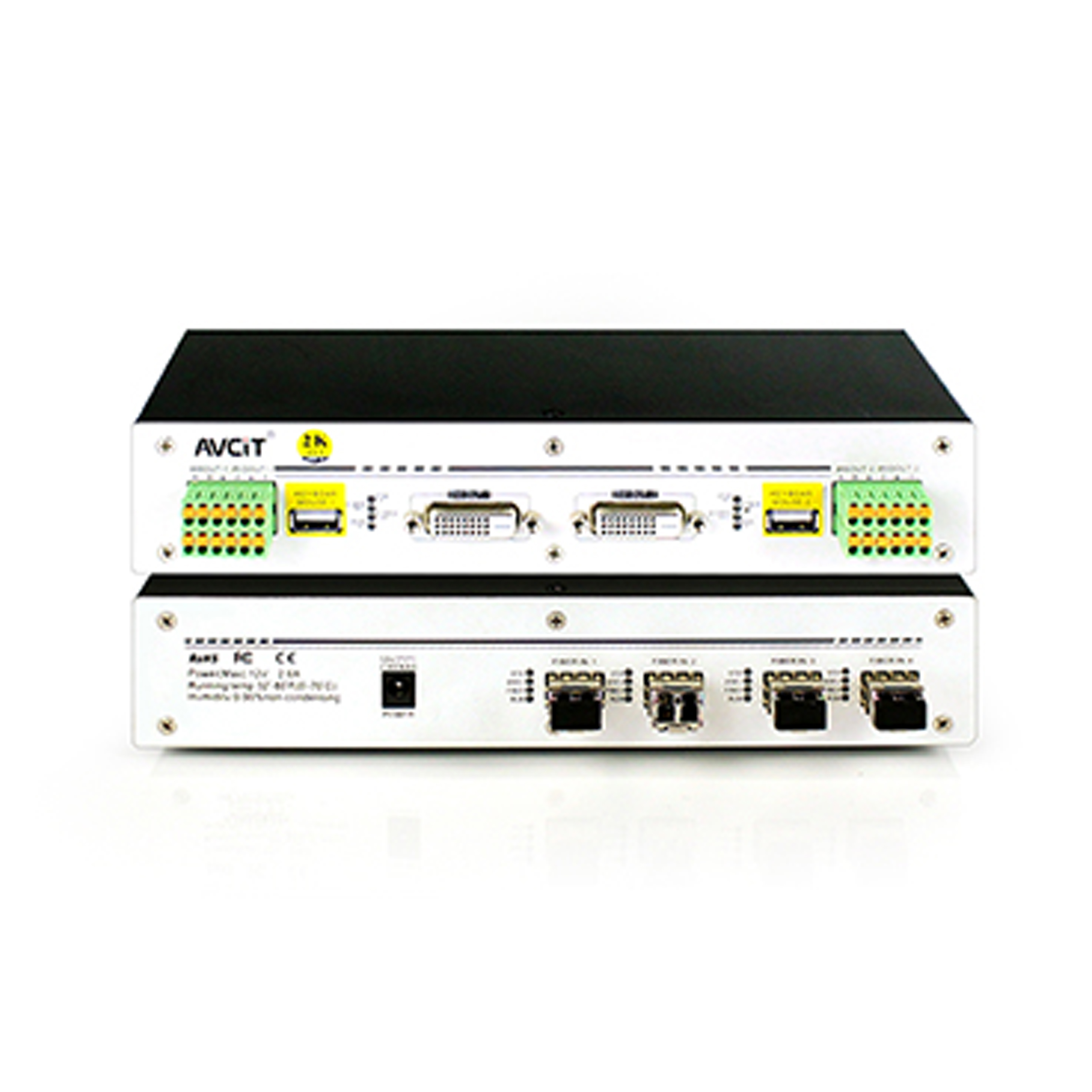 2K KVM Receiver-DVI
2K KVM Receiver-DVI
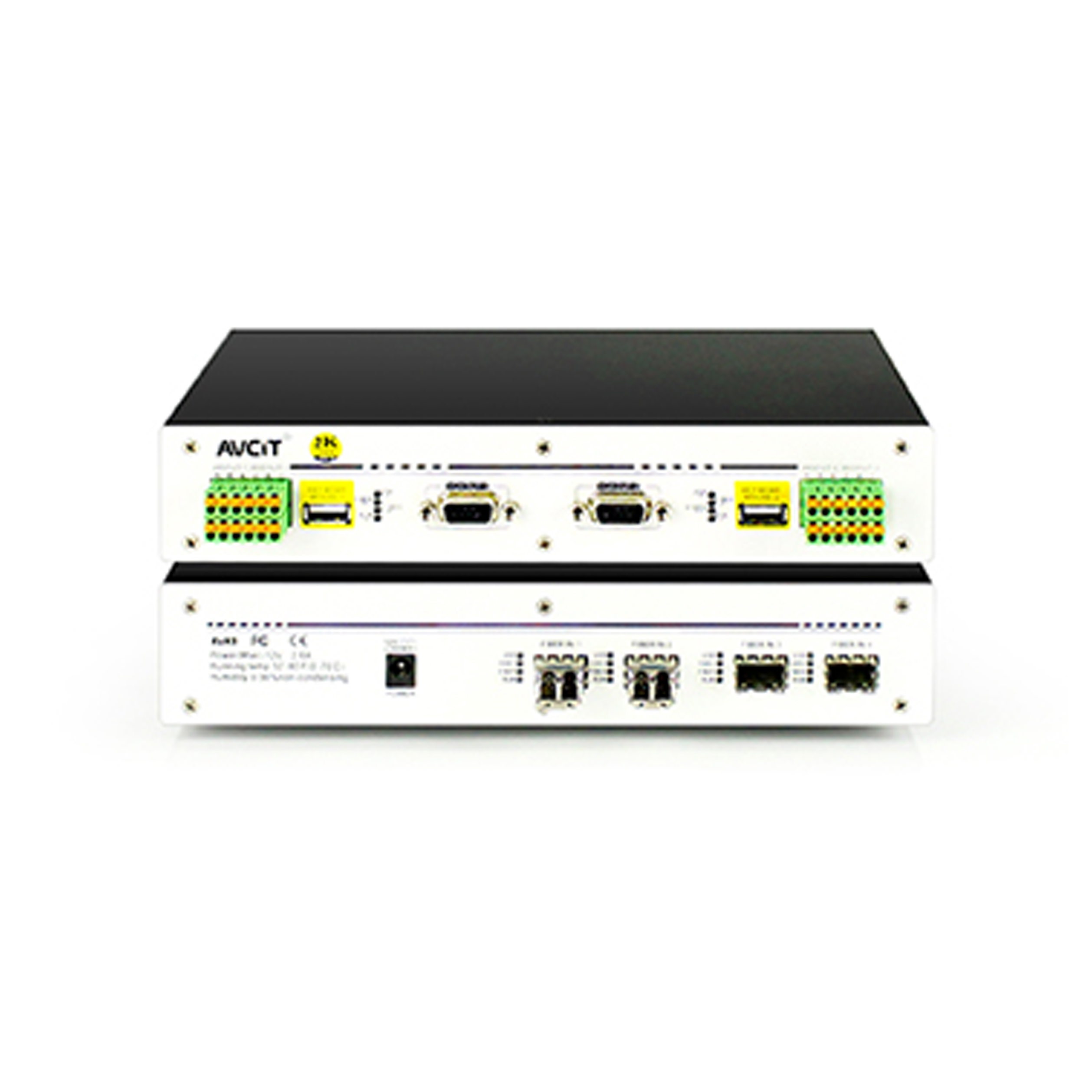 2K KVM Receiver-VGA
2K KVM Receiver-VGA
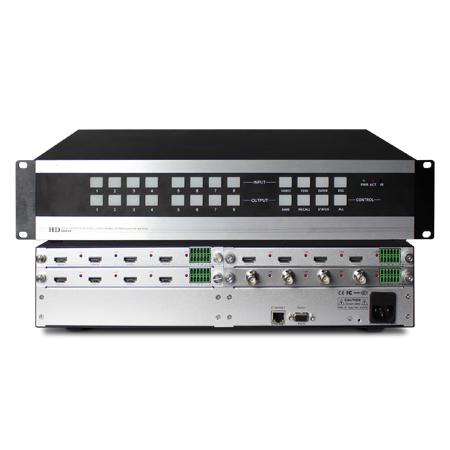 2K Video Wall Matrix - 8x8
2K Video Wall Matrix - 8x8
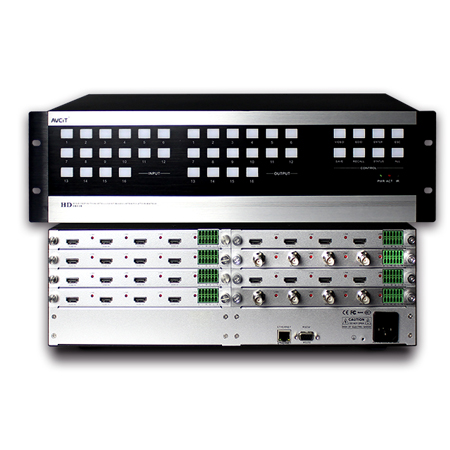 2K Video Wall Matrix - 16x16
2K Video Wall Matrix - 16x16
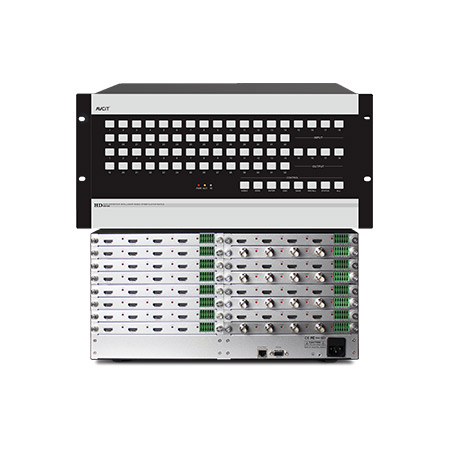 2K Video Wall Matrix - 32x32
2K Video Wall Matrix - 32x32
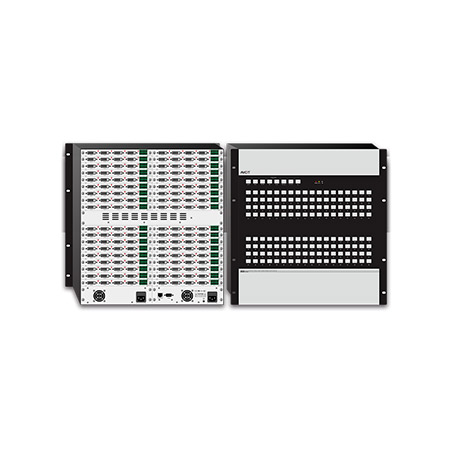 2K Video Wall Matrix - 72x72
2K Video Wall Matrix - 72x72
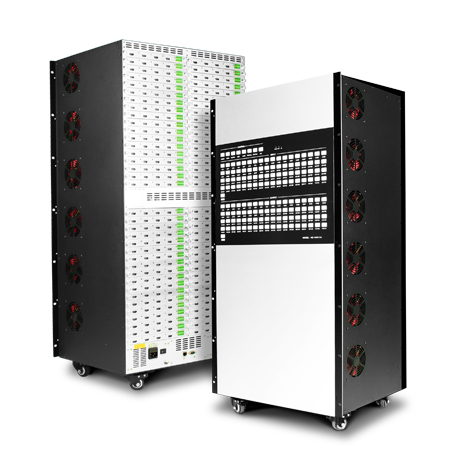 2K Video Wall Matrix - 144x144
2K Video Wall Matrix - 144x144
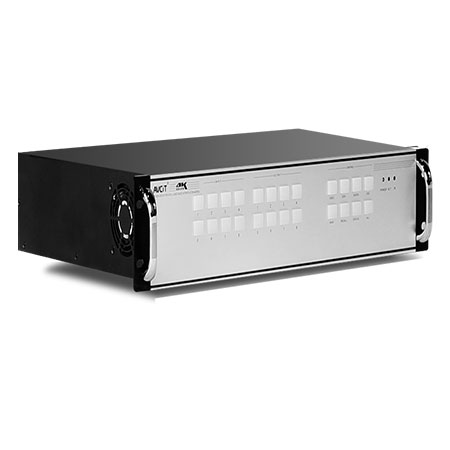 4K Video Matrix Switcher - 8x8
4K Video Matrix Switcher - 8x8
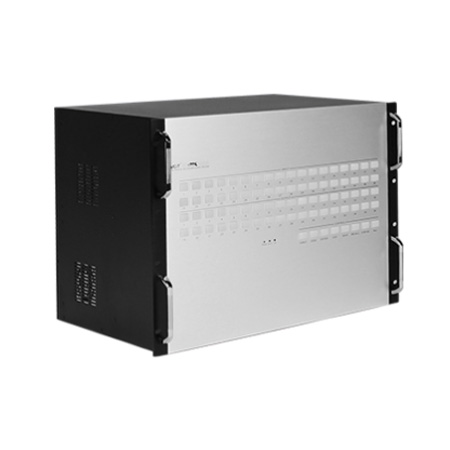 4K Video Matrix Switcher - 18x18
4K Video Matrix Switcher - 18x18
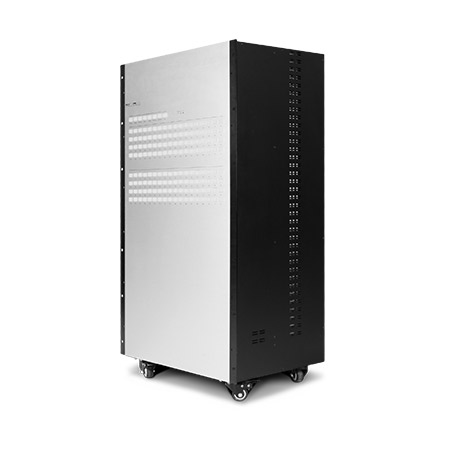 4K Video Matrix Switcher - 72x72
4K Video Matrix Switcher - 72x72
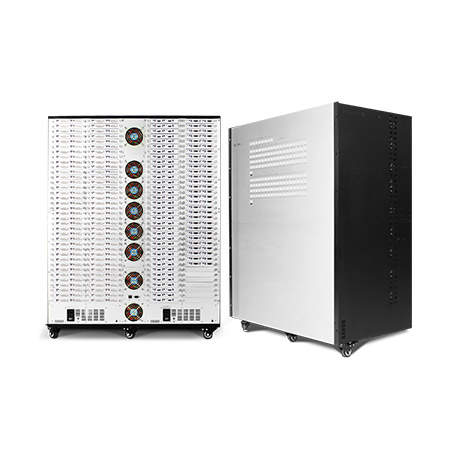 4K Video Matrix Switcher - 144x144
4K Video Matrix Switcher - 144x144
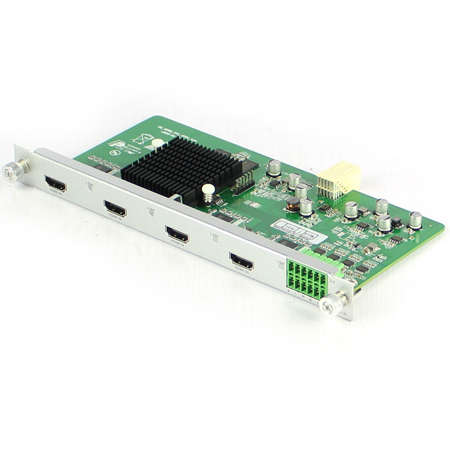 Mixing HD-2K HDMI Input Card
Mixing HD-2K HDMI Input Card
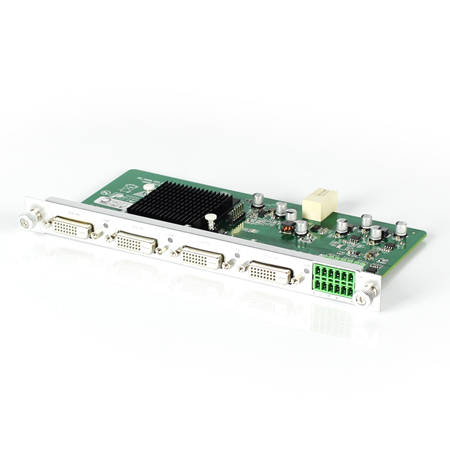 Mixing HD-2K DVI Input Card
Mixing HD-2K DVI Input Card
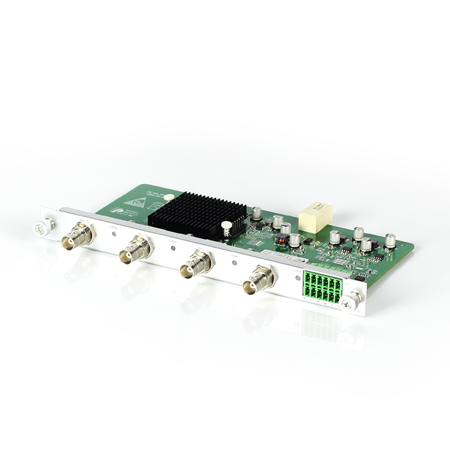 Mixing HD-2K SDI Input Card
Mixing HD-2K SDI Input Card
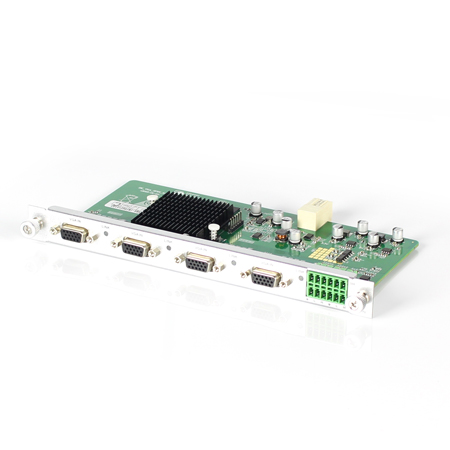 Mixing HD-2K VGA Input Card
Mixing HD-2K VGA Input Card
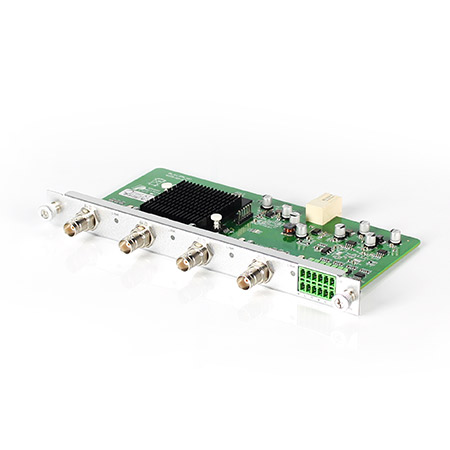 Mixing HD-2K AV Input Card
Mixing HD-2K AV Input Card
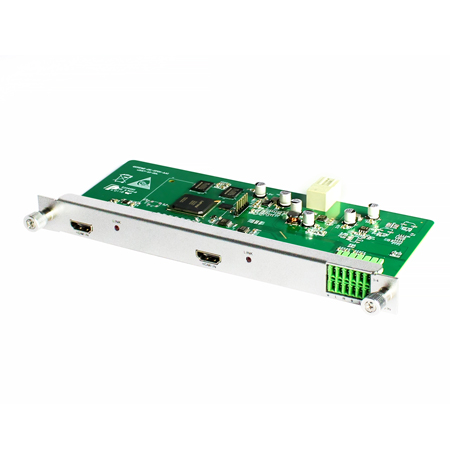 Mixing HD-HDMI UHD Input Card
Mixing HD-HDMI UHD Input Card
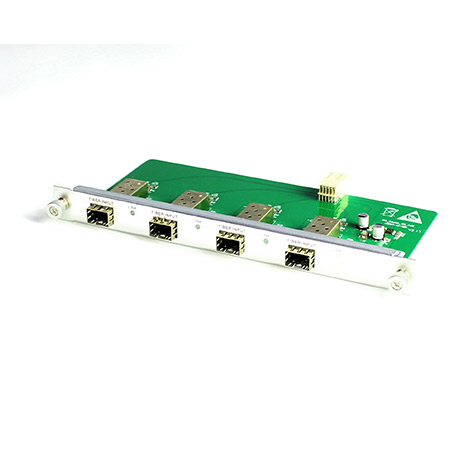 Mixing HD-Fiber Input Card
Mixing HD-Fiber Input Card
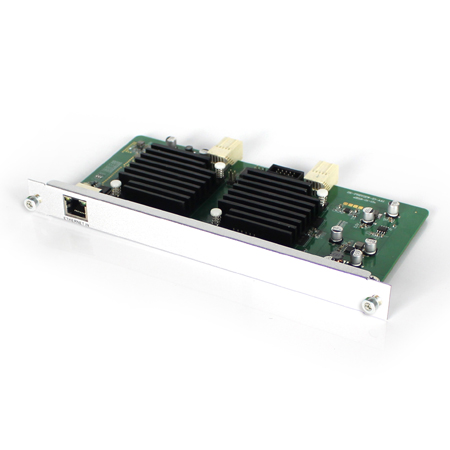 Mixing HD-IP Input Card
Mixing HD-IP Input Card
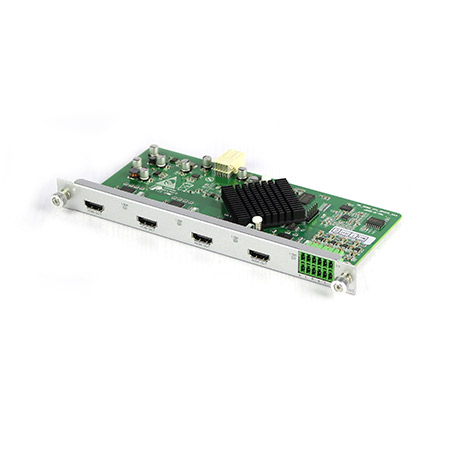 Mixing HD-HDMI Output Card
Mixing HD-HDMI Output Card
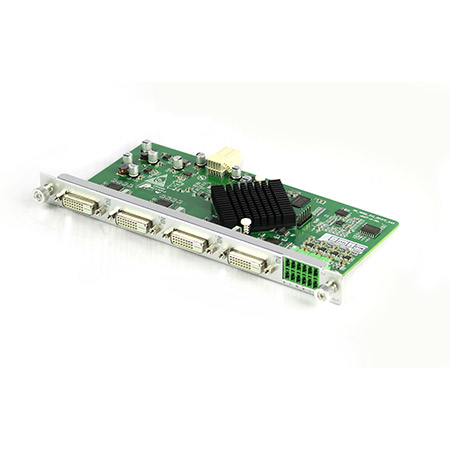 Mixing HD-DVI Output Card
Mixing HD-DVI Output Card
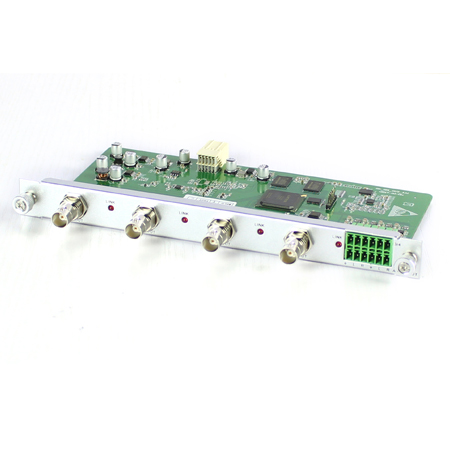 Mixing HD-SDI Output Card
Mixing HD-SDI Output Card
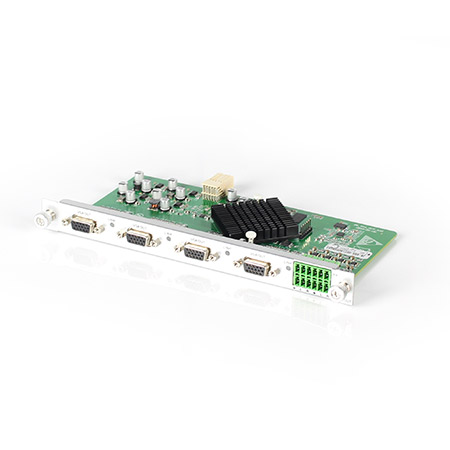 Mixing HD-VGA Output Card
Mixing HD-VGA Output Card
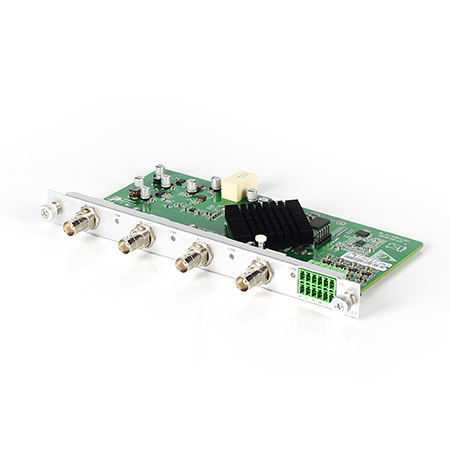 Mixing HD-AV Output Card
Mixing HD-AV Output Card
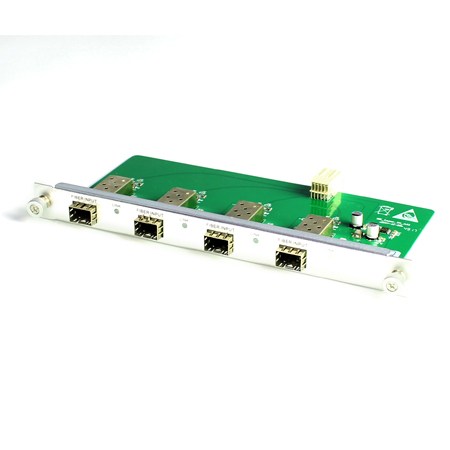 Mixing HD-Fiber Output Card
Mixing HD-Fiber Output Card
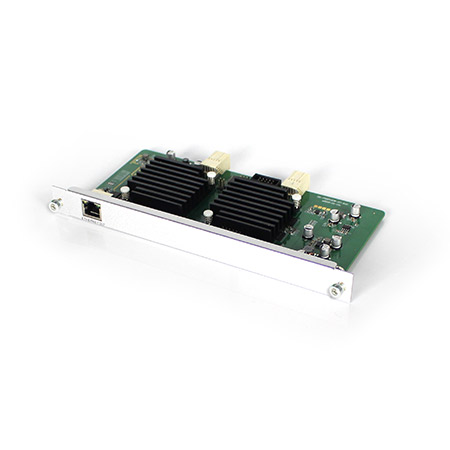 Mixing HD-IP Output Card
Mixing HD-IP Output Card
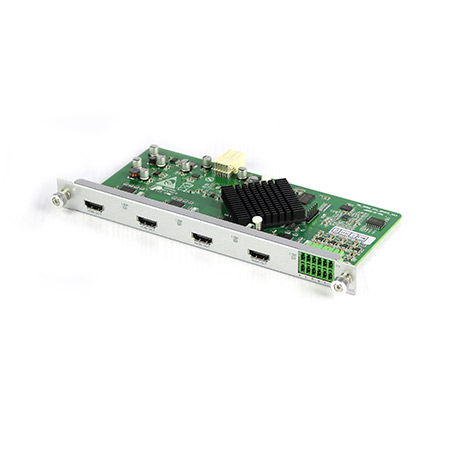 Mixing HD-HDMI Video Wall Control Card (1 channel)
Mixing HD-HDMI Video Wall Control Card (1 channel)
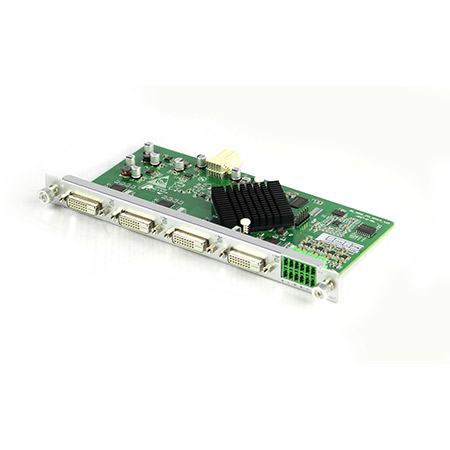 Mixing HD-DVI Video Wall Control Card (2 channel)
Mixing HD-DVI Video Wall Control Card (2 channel)
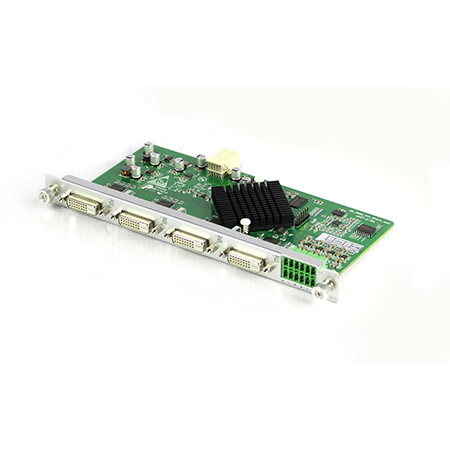 Mixing HD-DVI Video Wall Control Card (1 channel)
Mixing HD-DVI Video Wall Control Card (1 channel)
 Mixing UHD - HDMI Input Card
Mixing UHD - HDMI Input Card
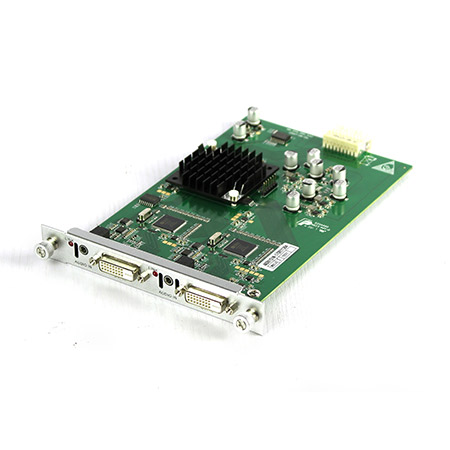 Mixing UHD - DVI Input Card
Mixing UHD - DVI Input Card
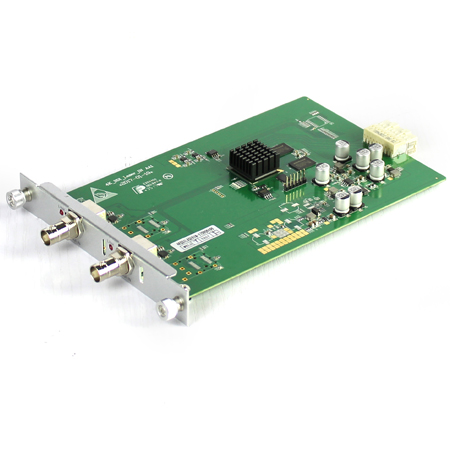 Mixing UHD - SDI Input Card
Mixing UHD - SDI Input Card
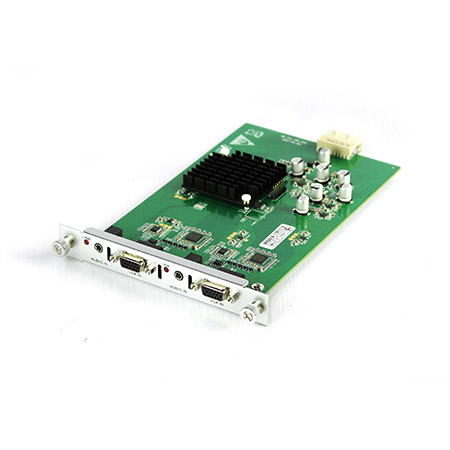 Mixing UHD - VGA Input Card
Mixing UHD - VGA Input Card
 Mixing UHD - AV Input Card
Mixing UHD - AV Input Card
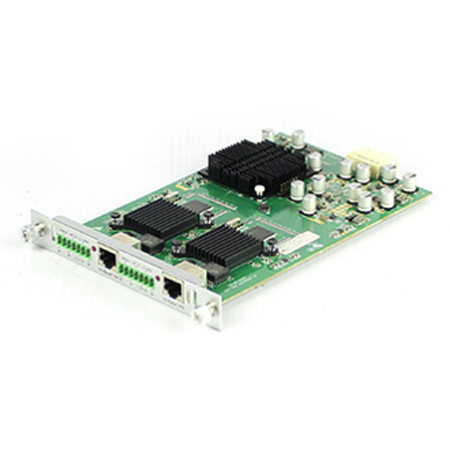 Mixing UHD - HDBT Input Card
Mixing UHD - HDBT Input Card
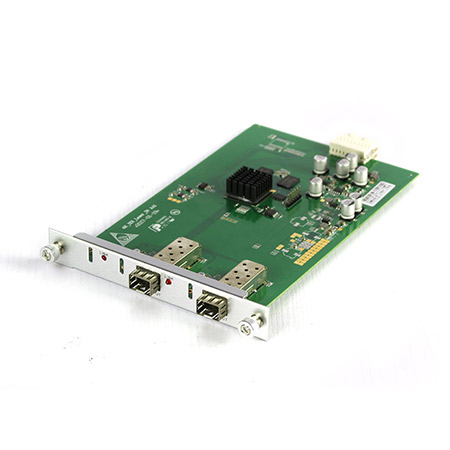 Mixing UHD - Fiber Input Card
Mixing UHD - Fiber Input Card
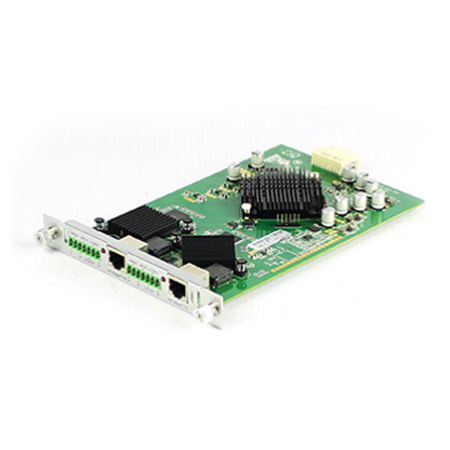 Mixing UHD - HDBT Output Card
Mixing UHD - HDBT Output Card
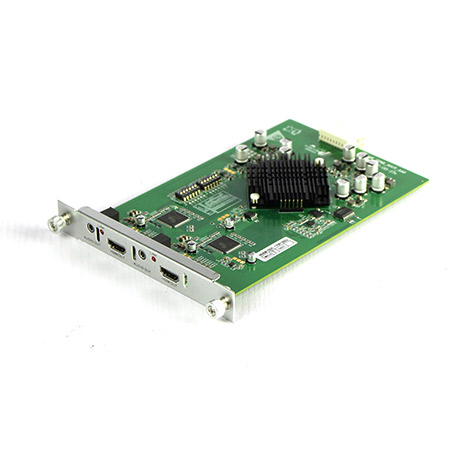 Mixing UHD - HDMI Output Card
Mixing UHD - HDMI Output Card
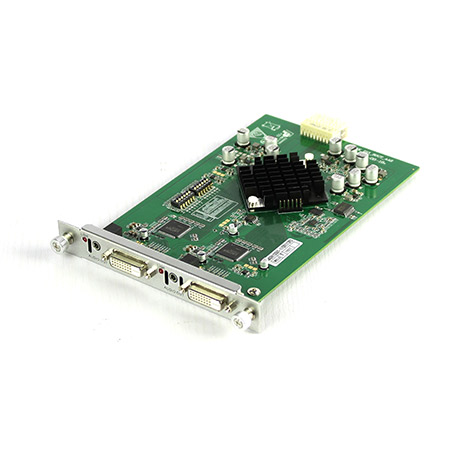 Mixing UHD - DVI Output Card
Mixing UHD - DVI Output Card
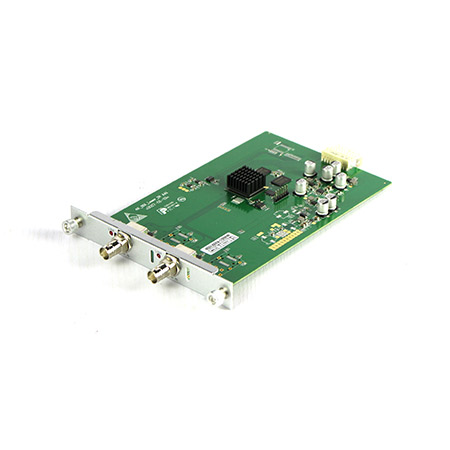 Mixing UHD - SDI Output Card
Mixing UHD - SDI Output Card
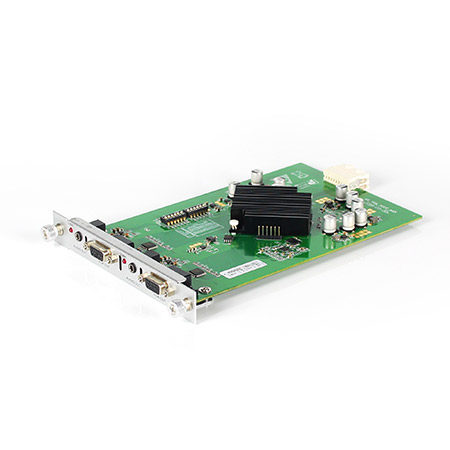 Mixing UHD - VGA Output Card
Mixing UHD - VGA Output Card
 Mixing UHD - AV Output Card
Mixing UHD - AV Output Card
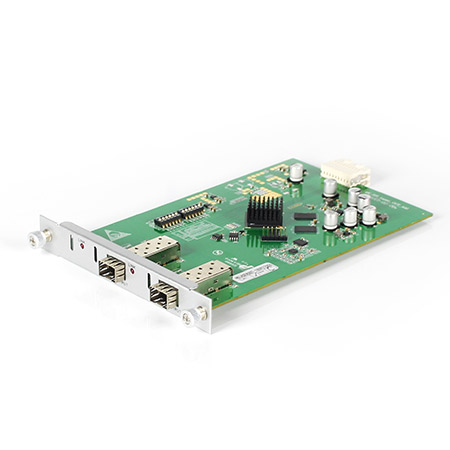 Mixing UHD - Fiber Output Card
Mixing UHD - Fiber Output Card
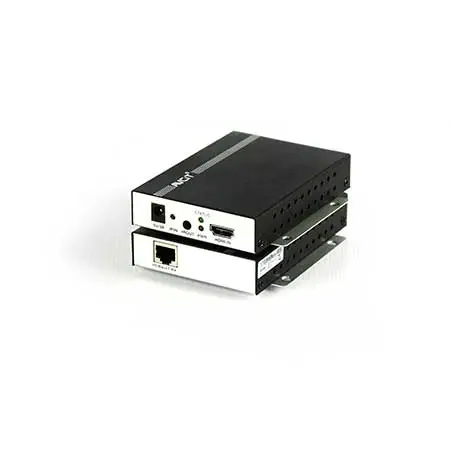 Mixing UHD - 4K HDBT Extender
Mixing UHD - 4K HDBT Extender
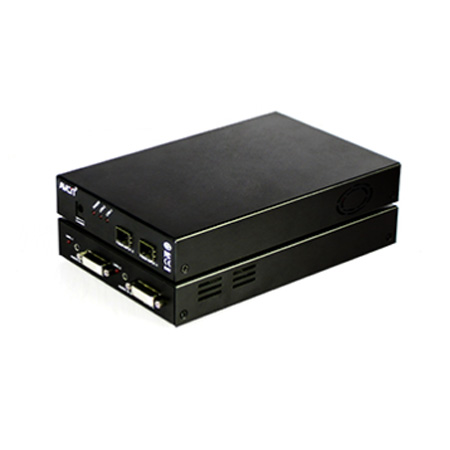 Mixing UHD - 4K Fiber Extender
Mixing UHD - 4K Fiber Extender
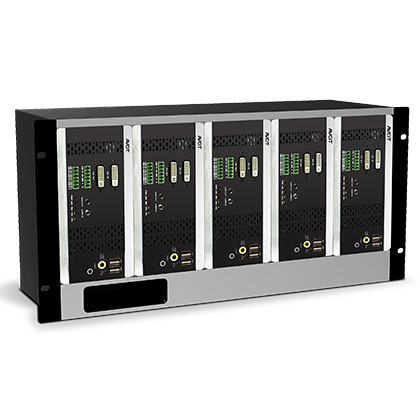 Rack Mounting Kit
Rack Mounting Kit
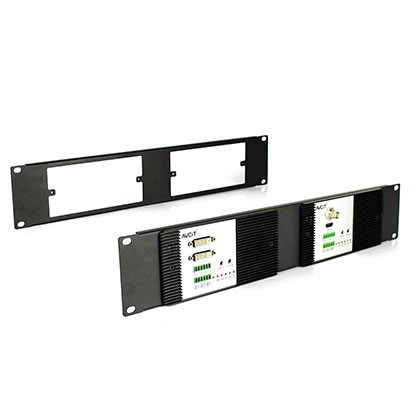 Wall Mounting Kit
Wall Mounting Kit







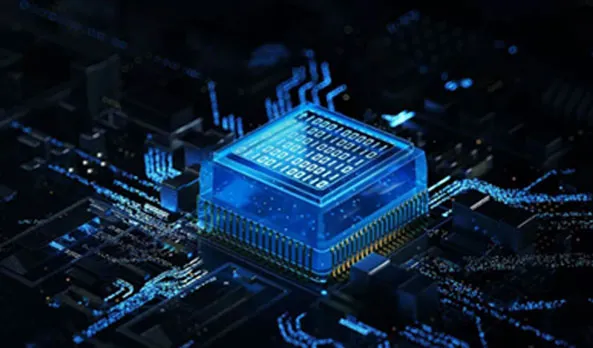


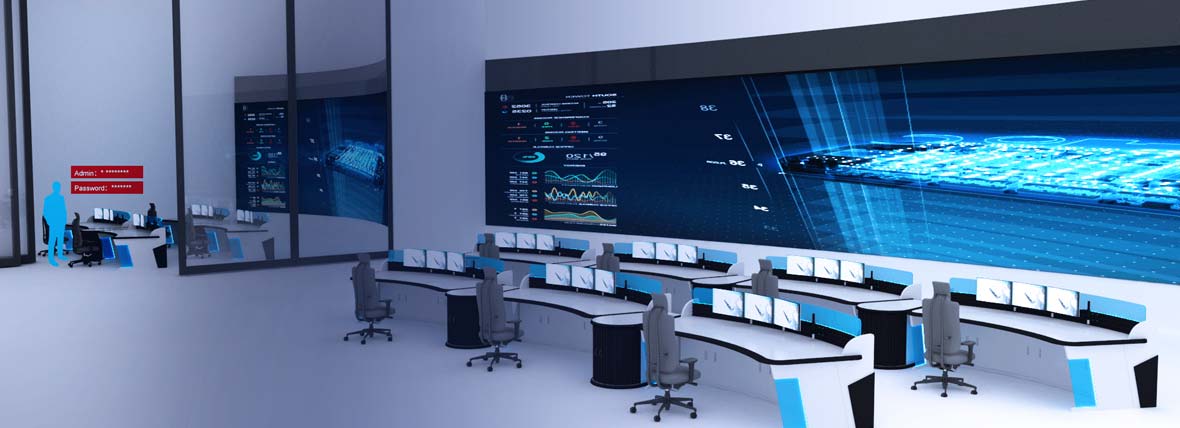


 EN
EN
 es
es  th
th 